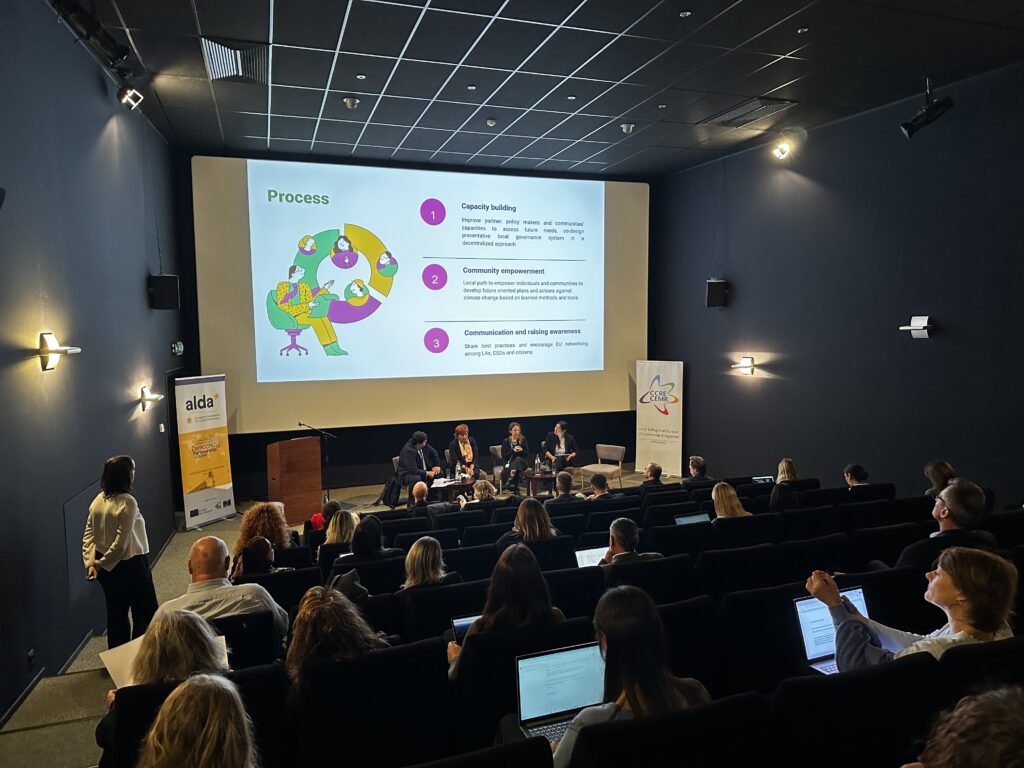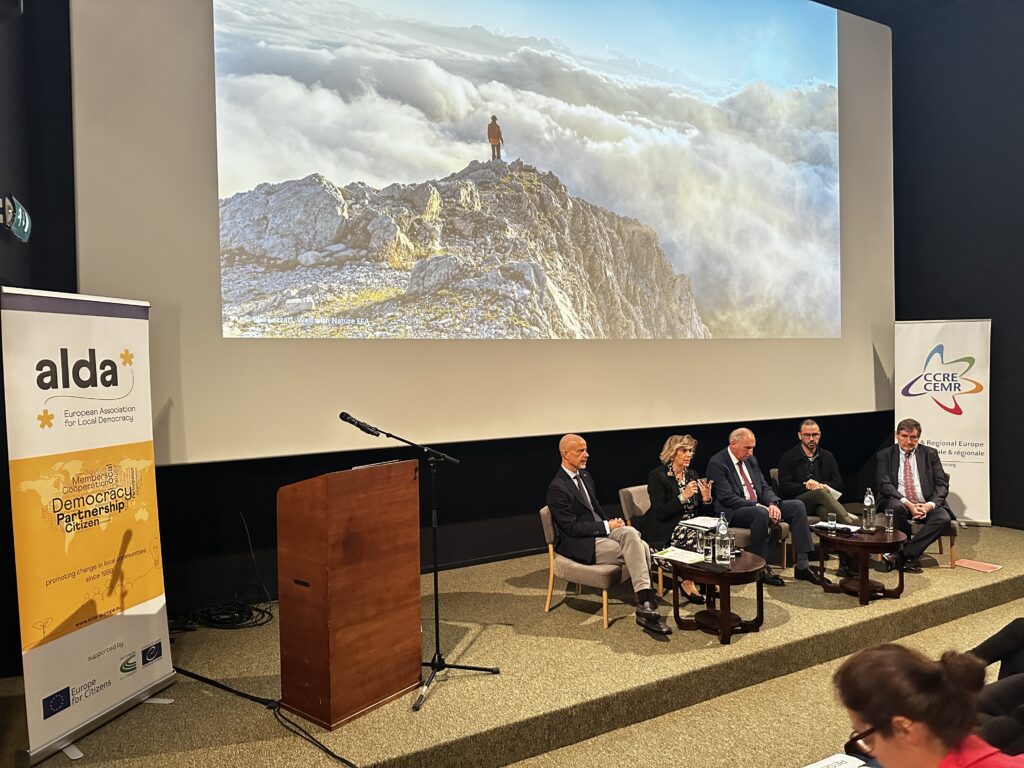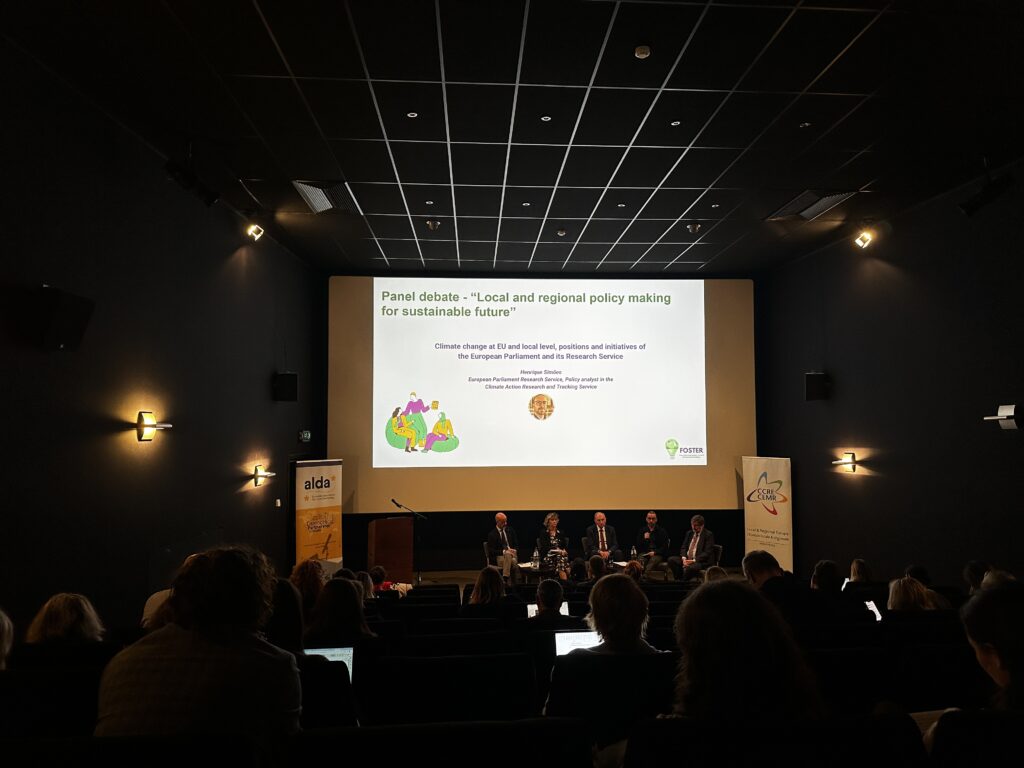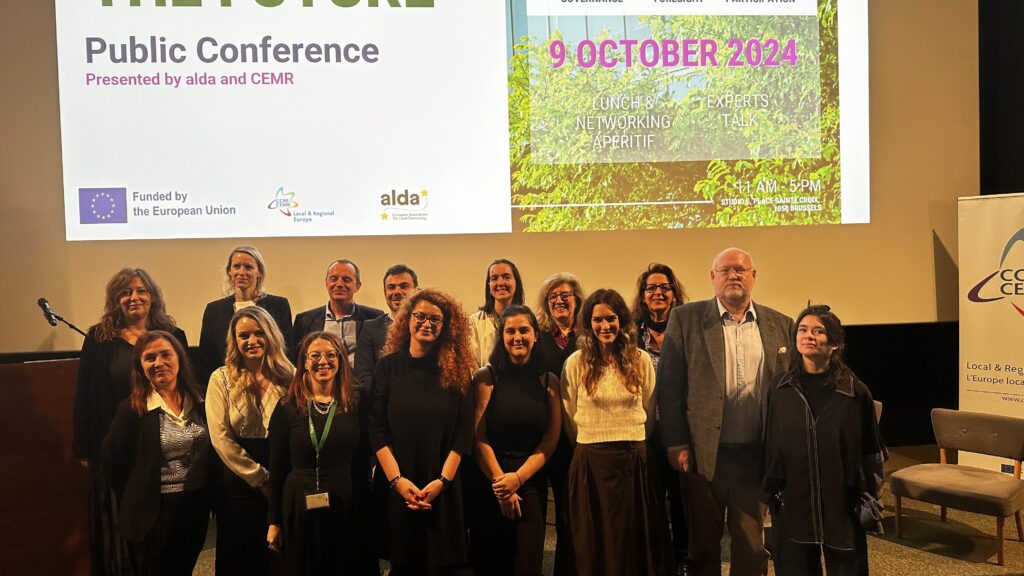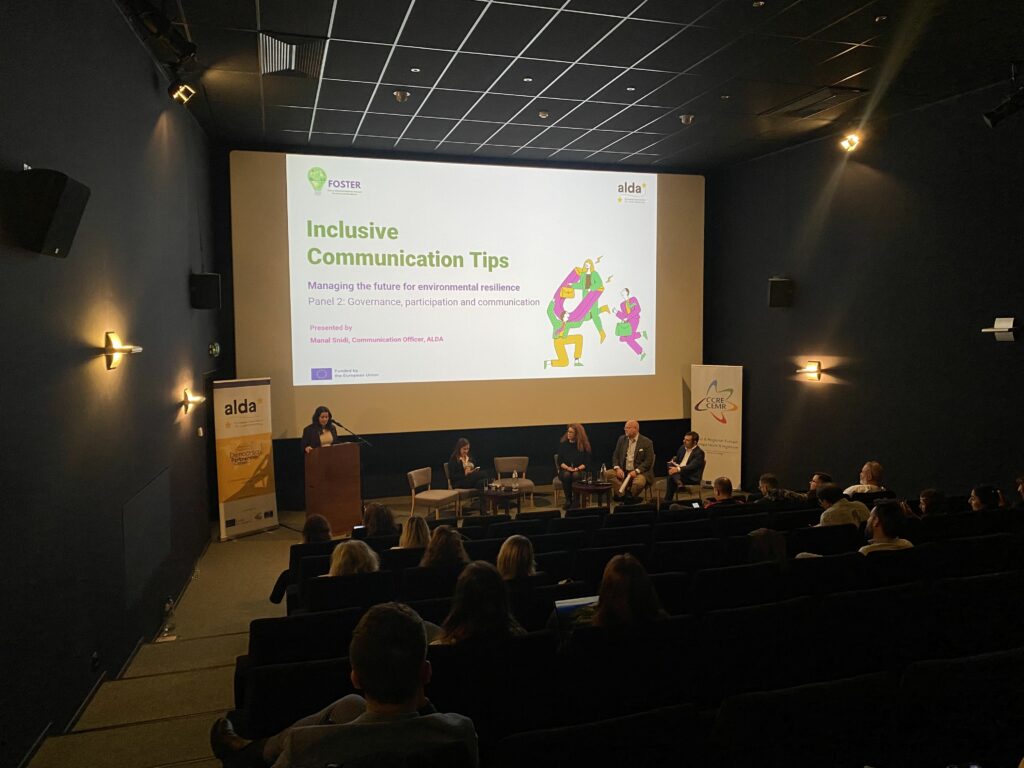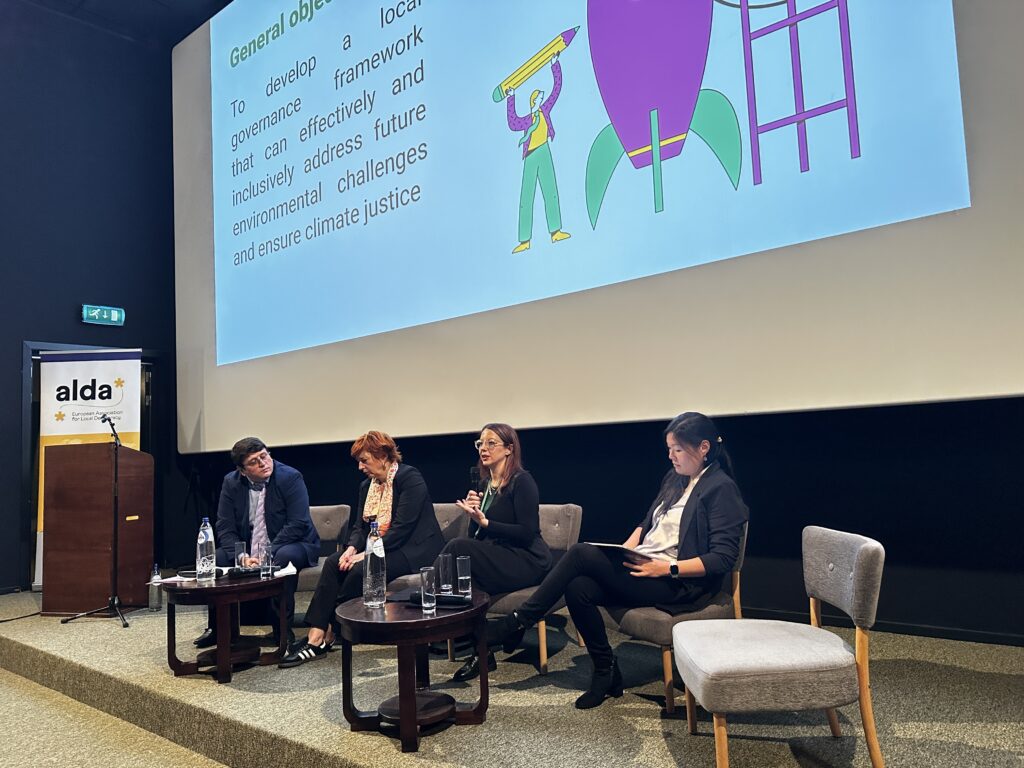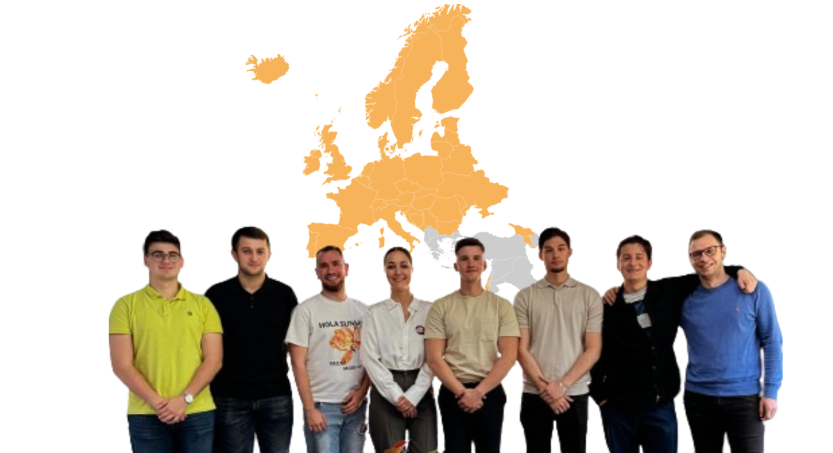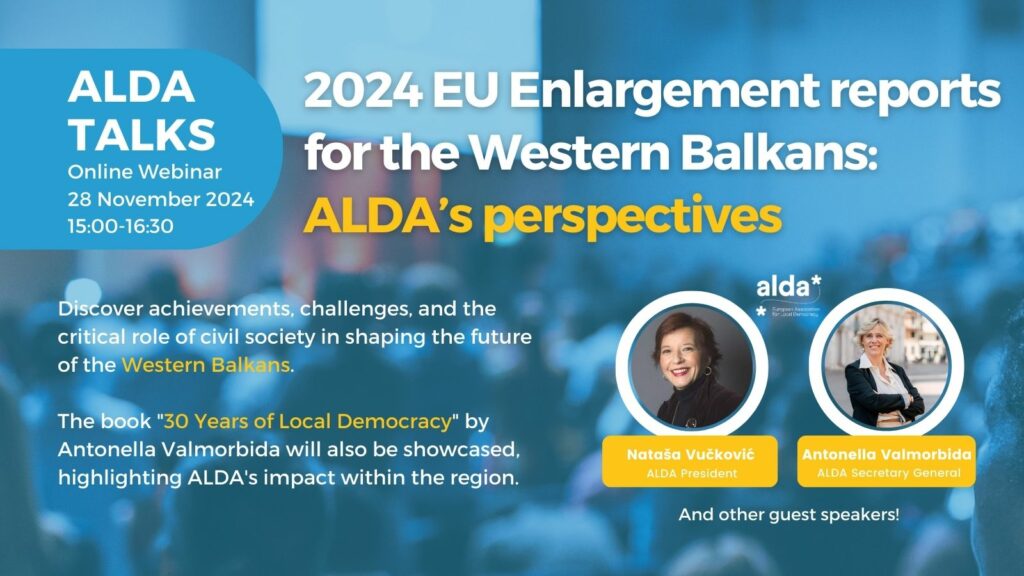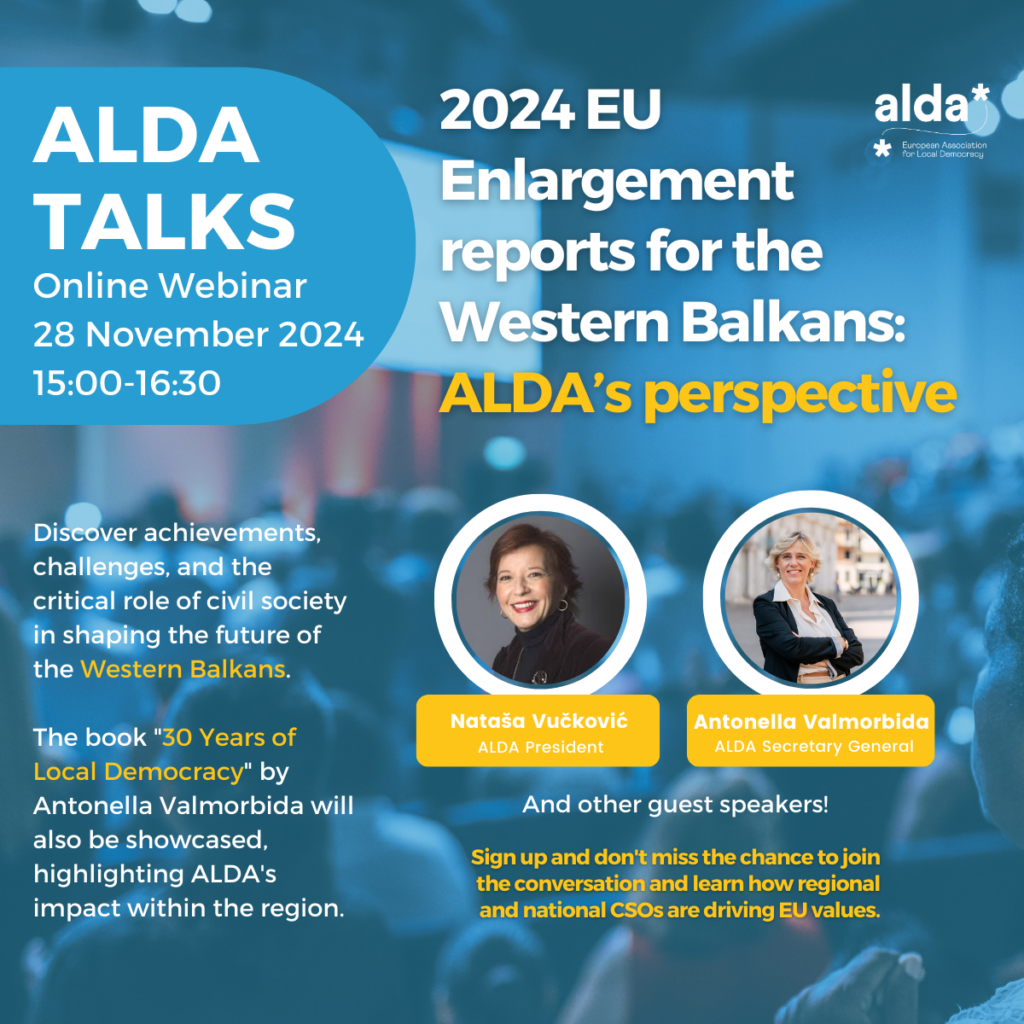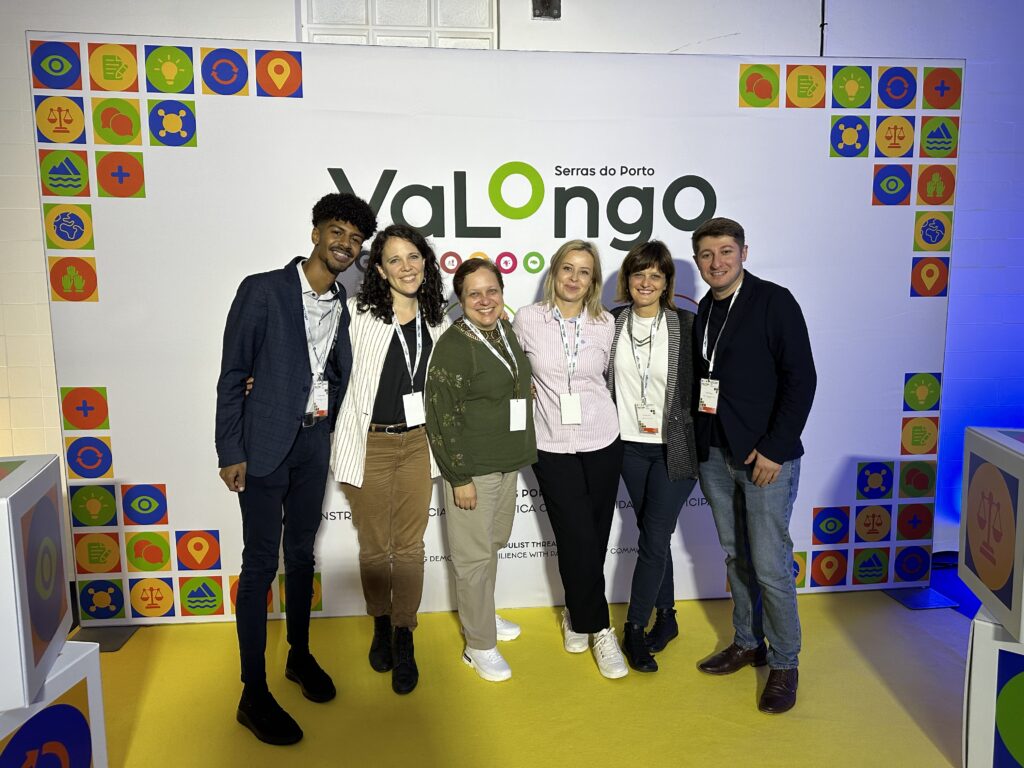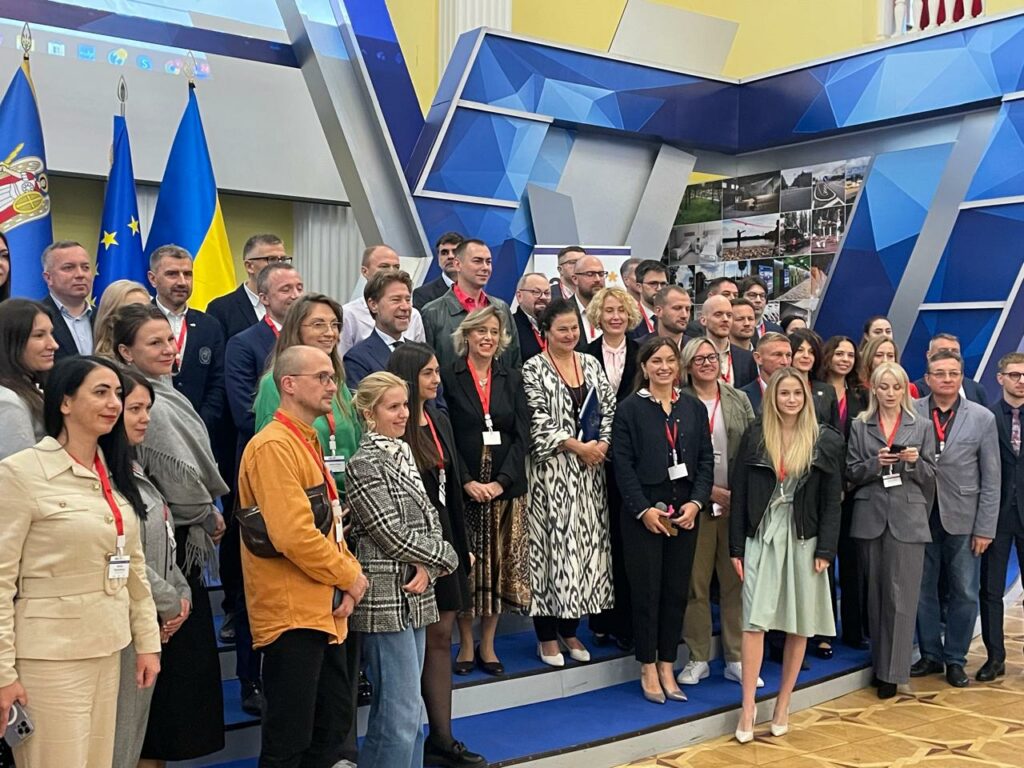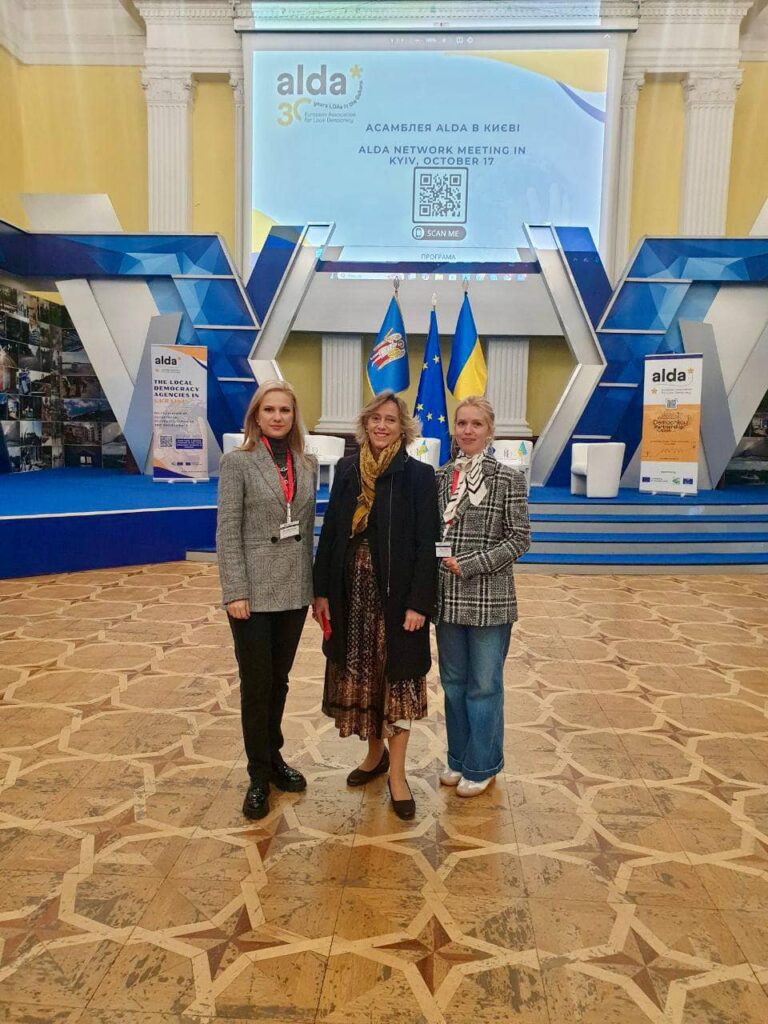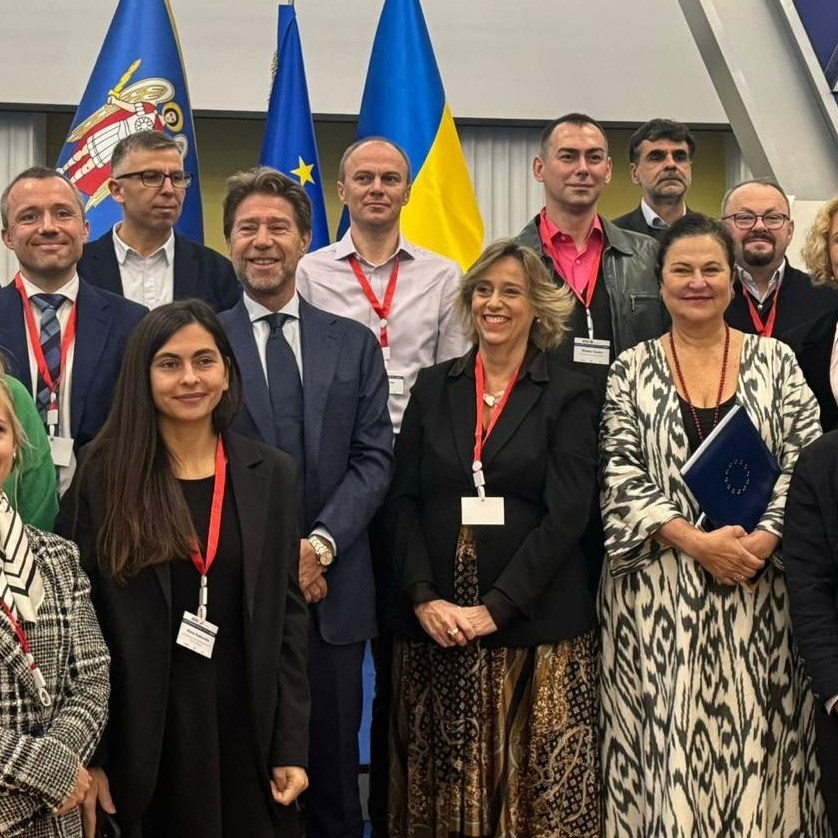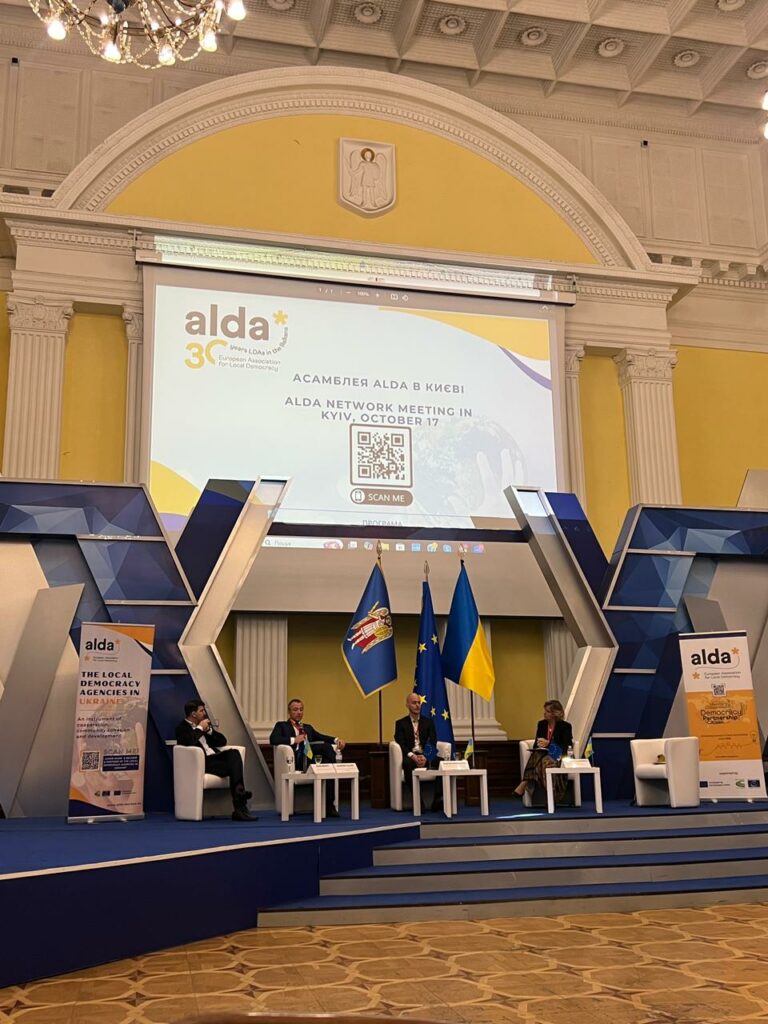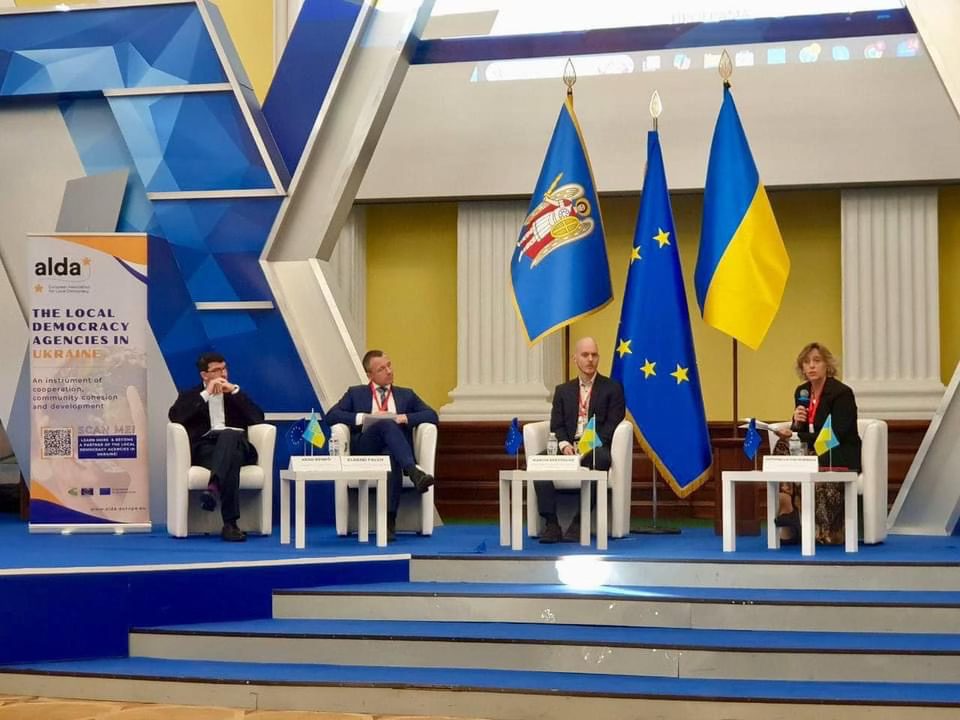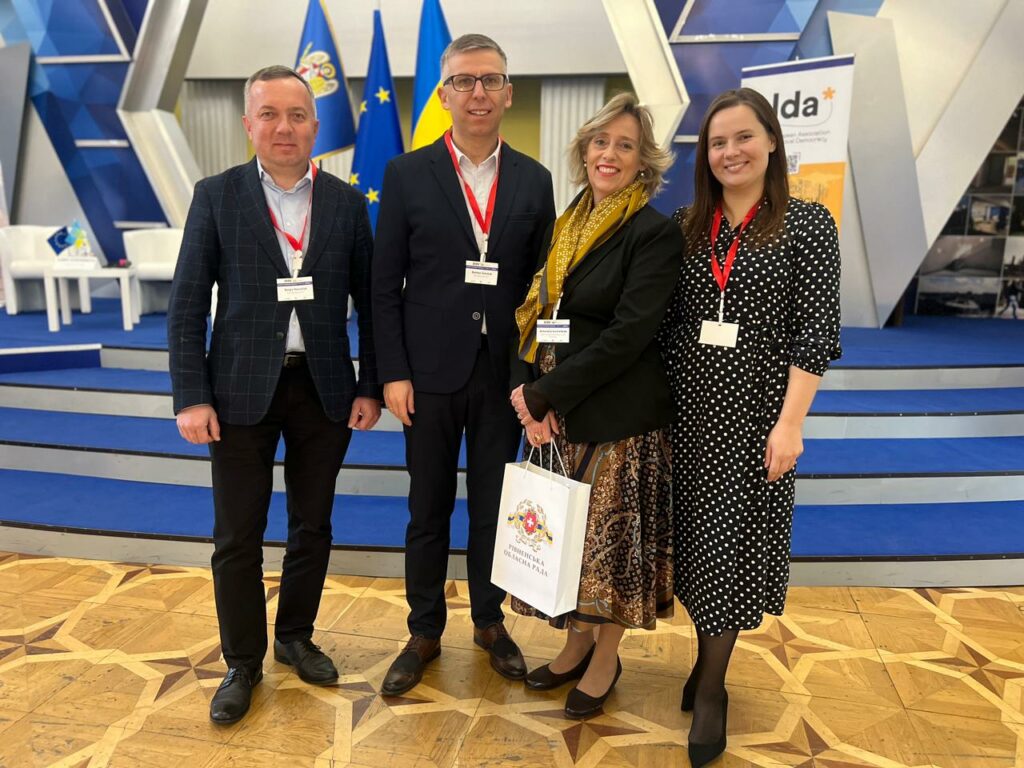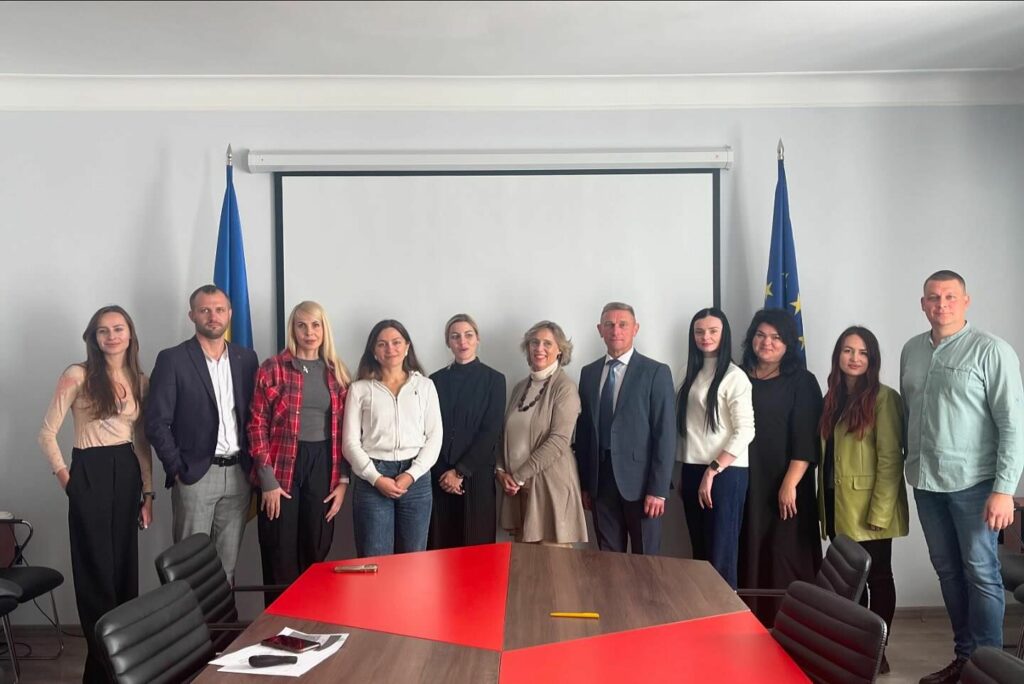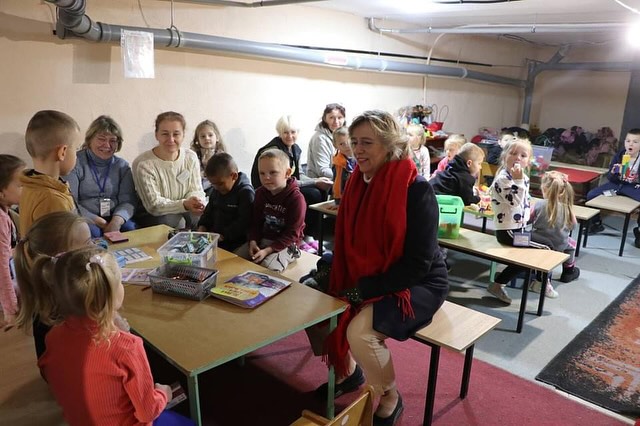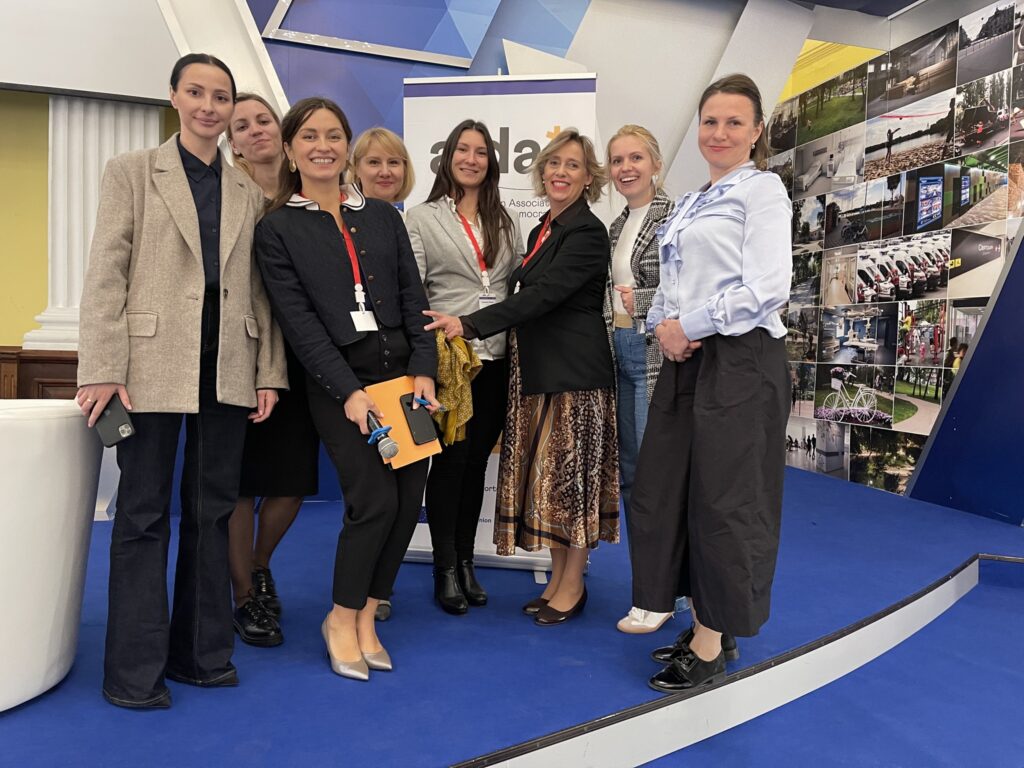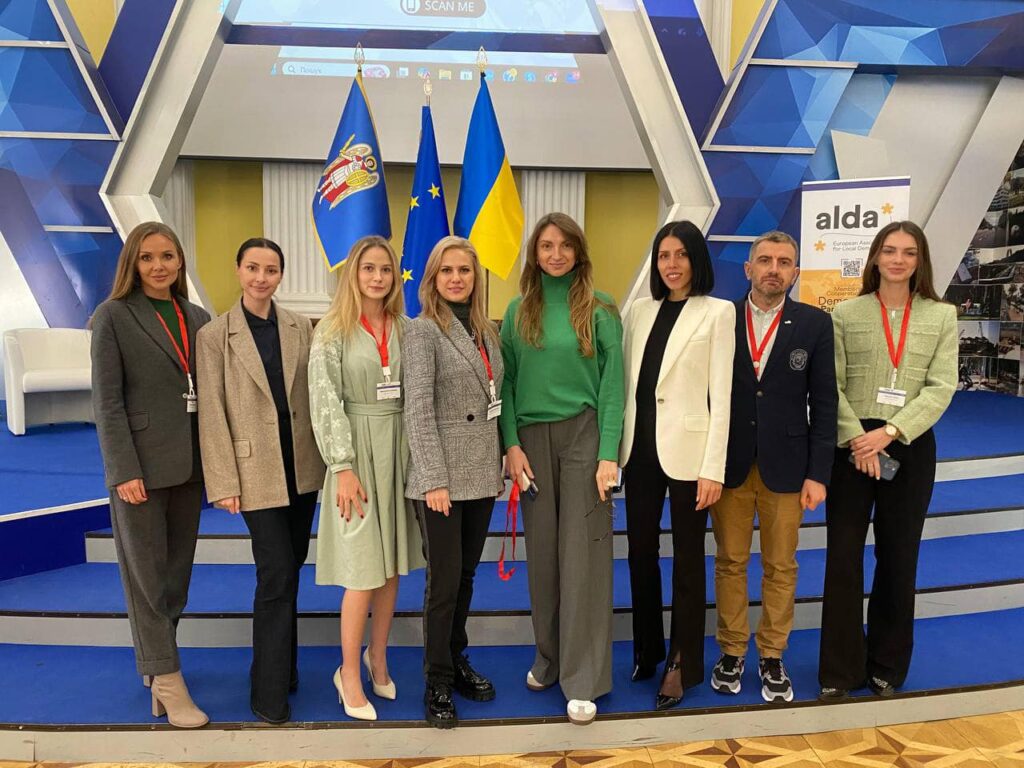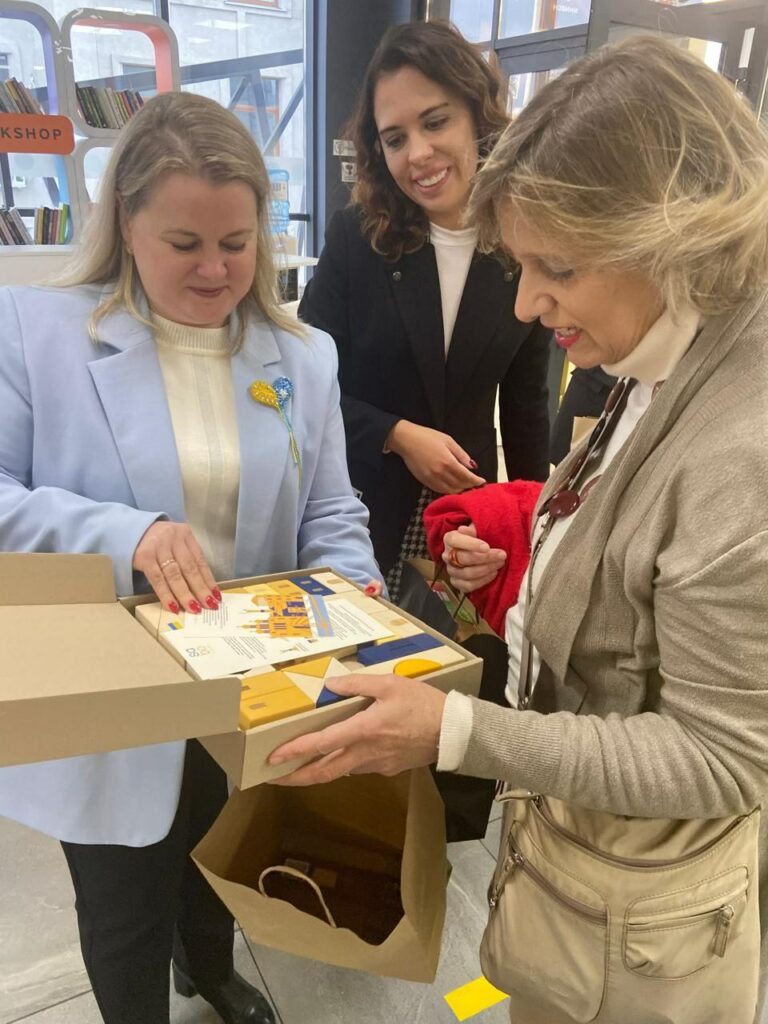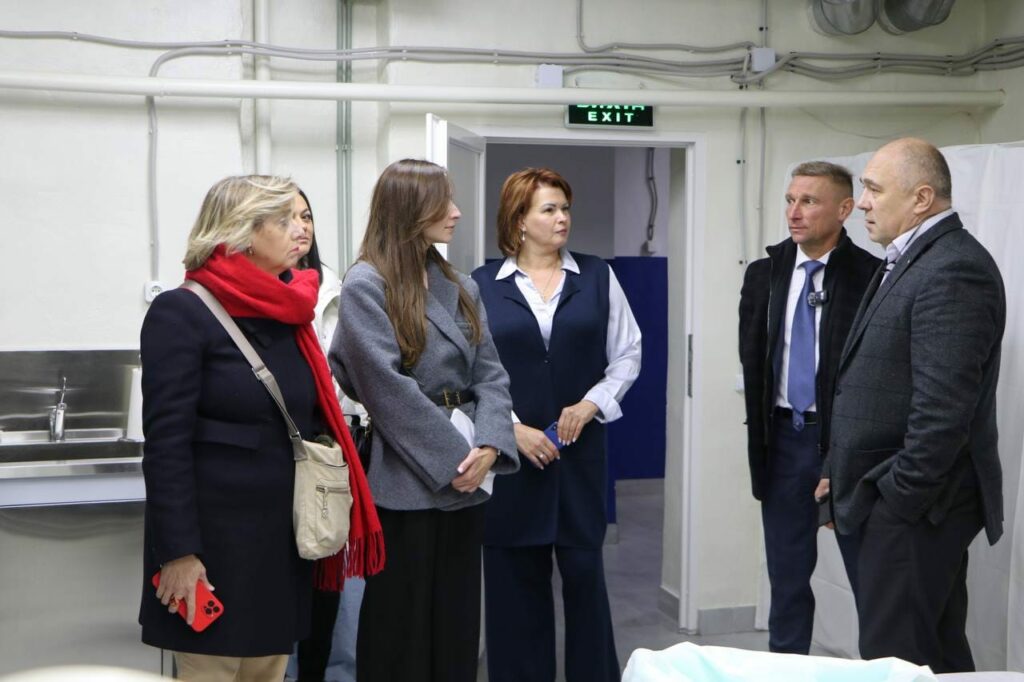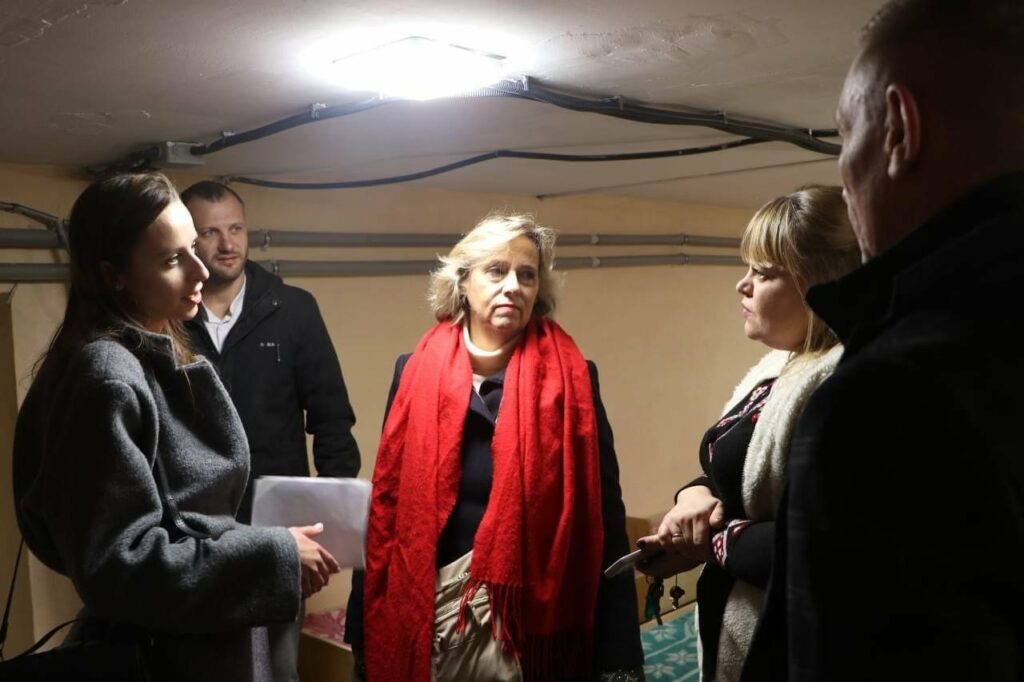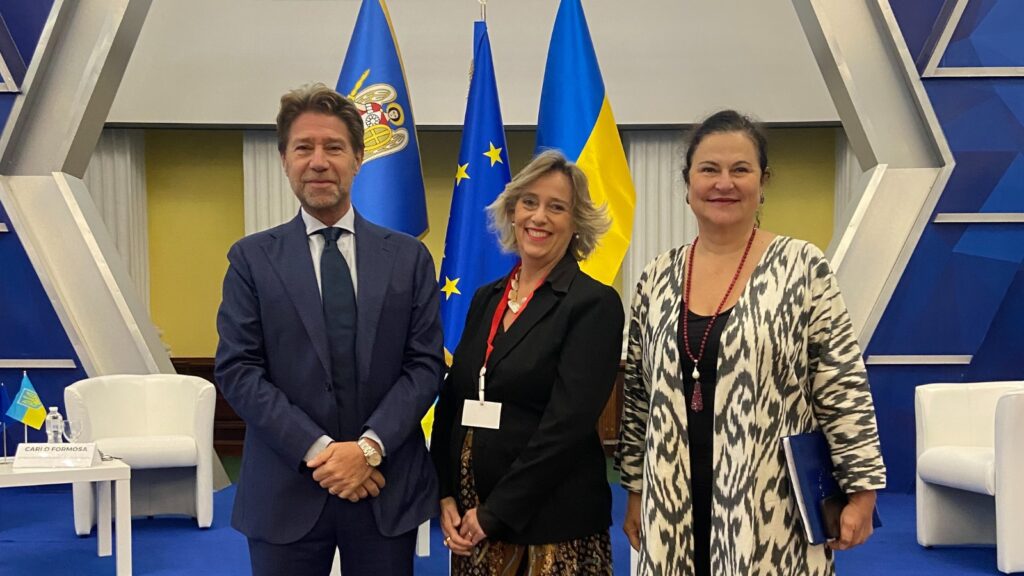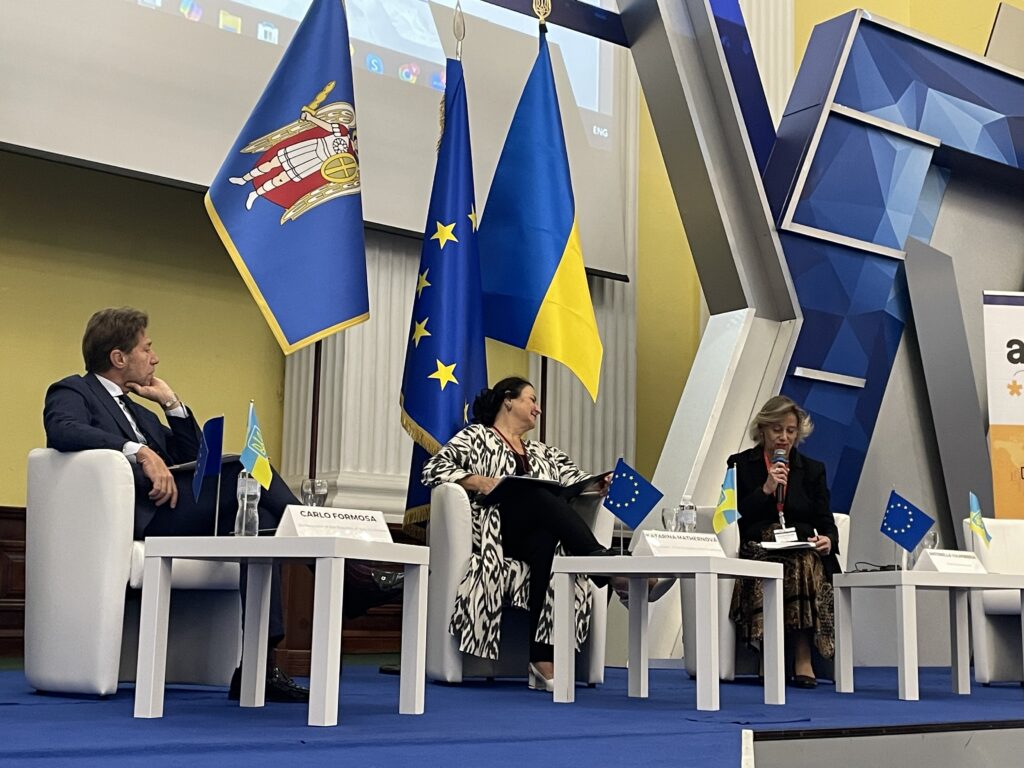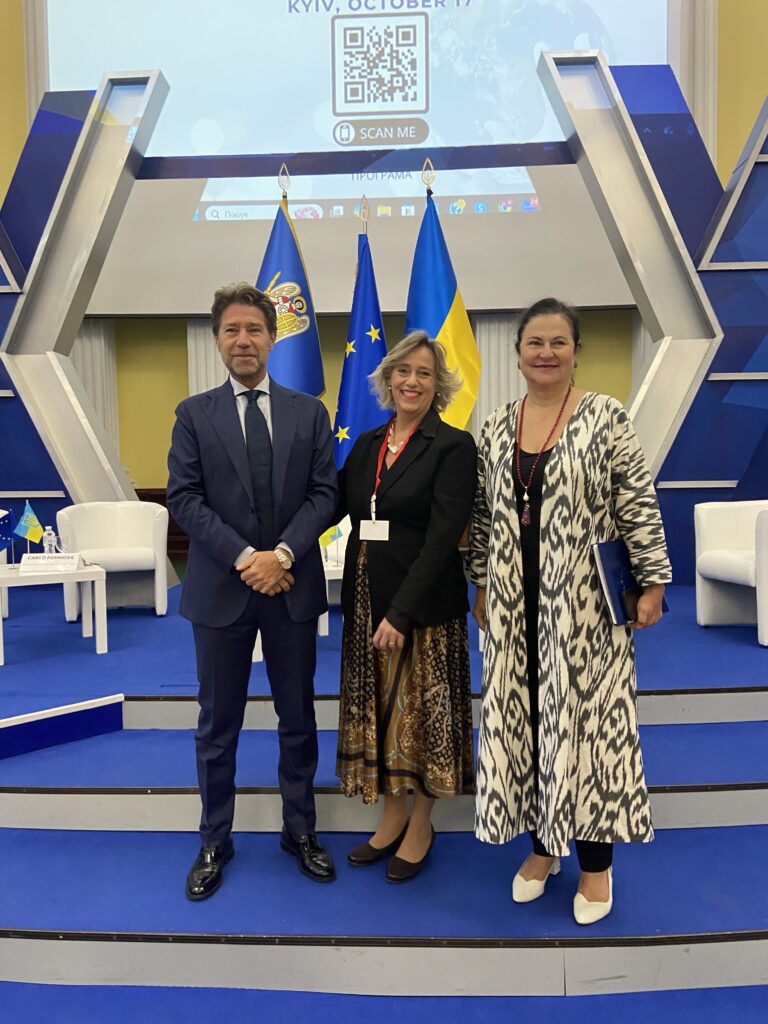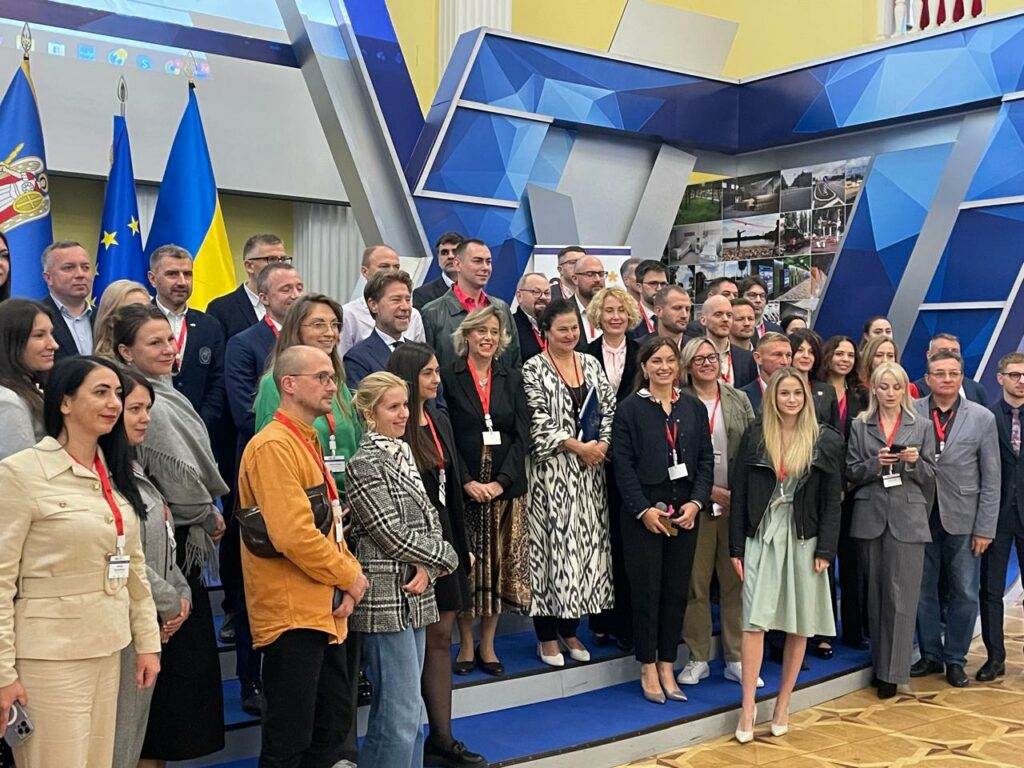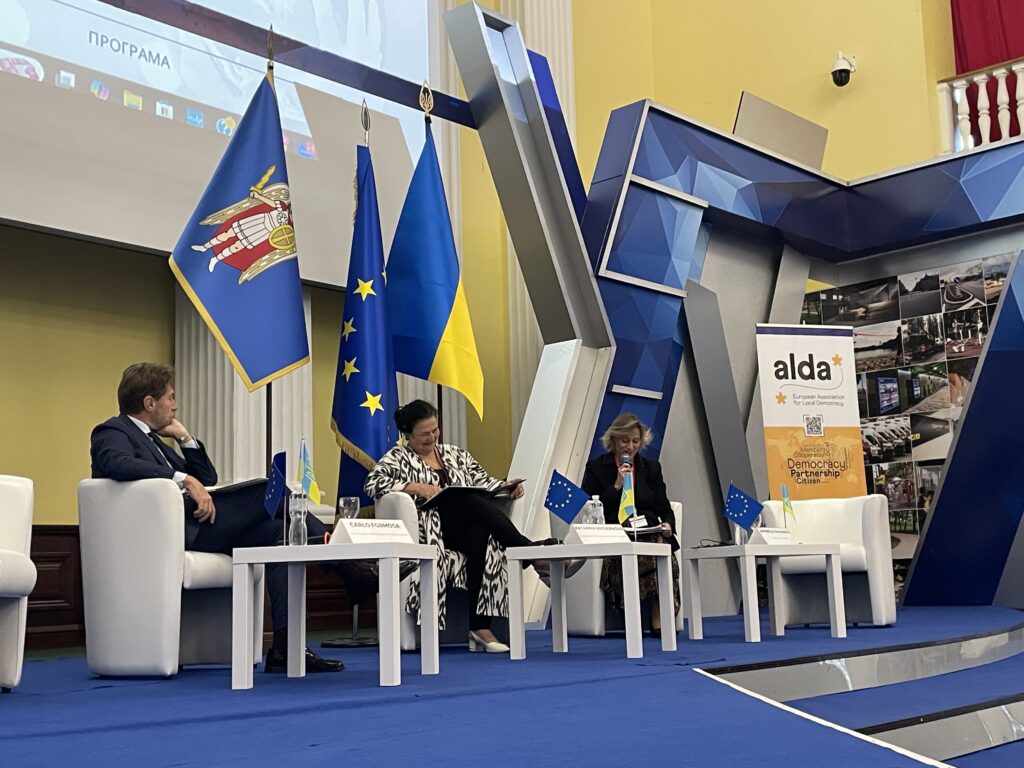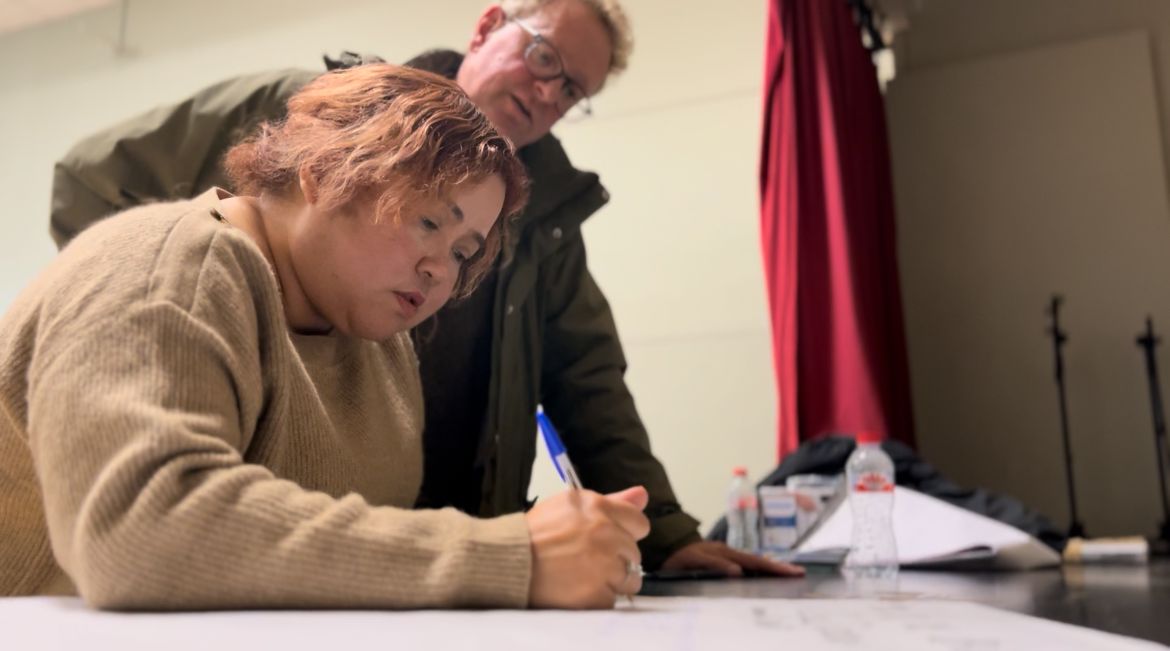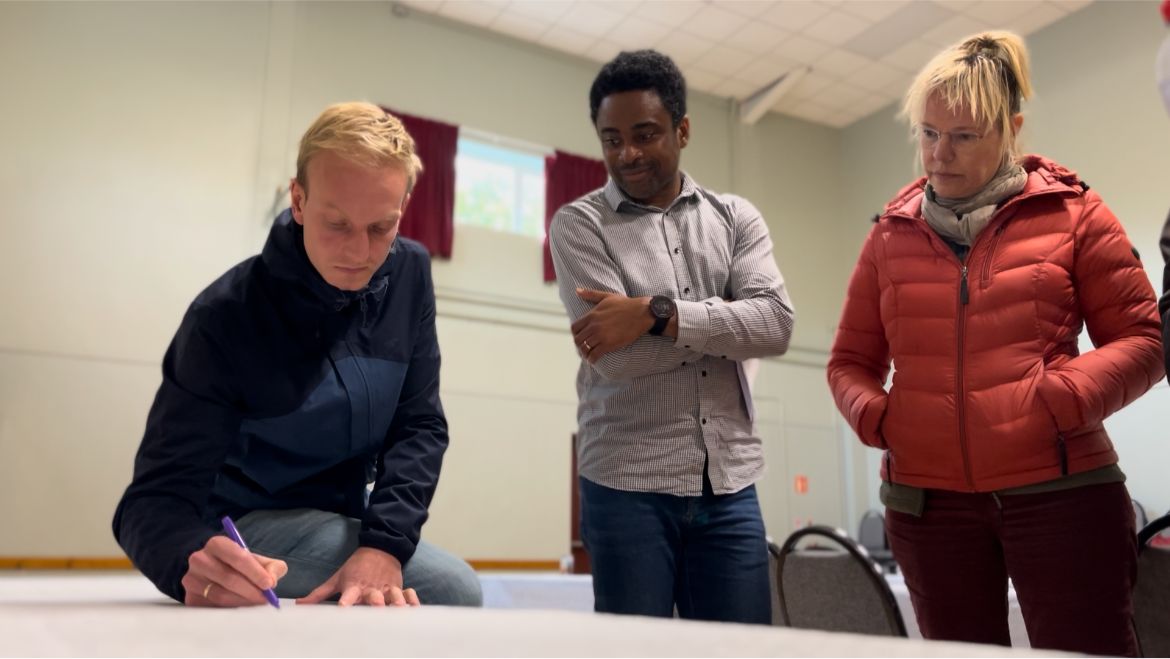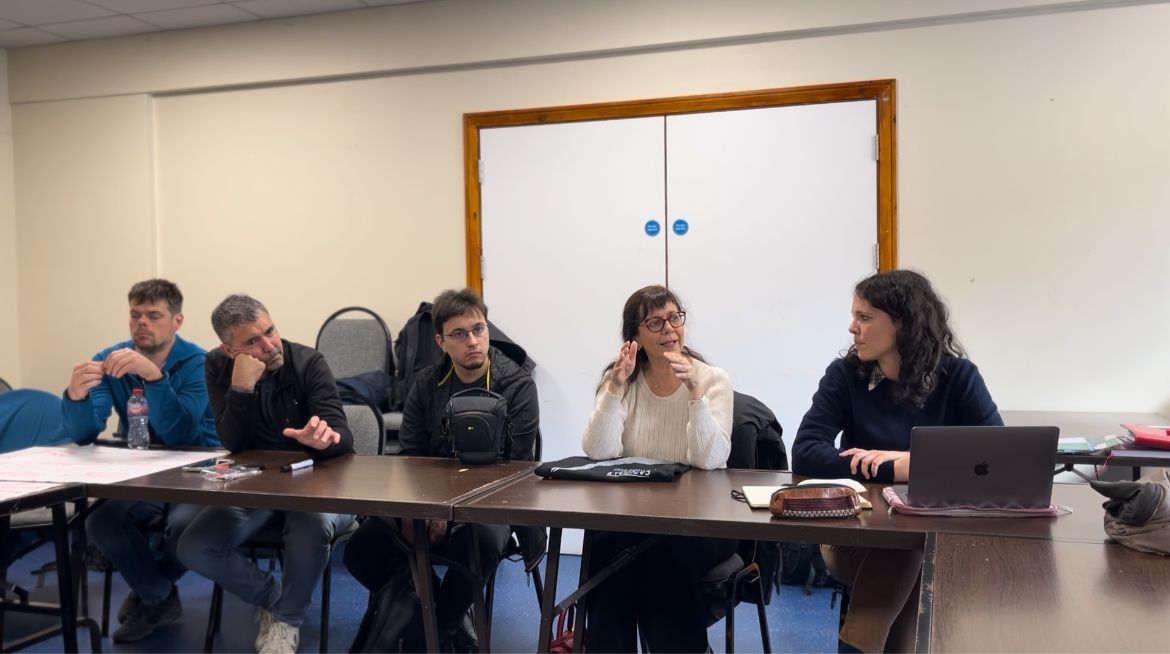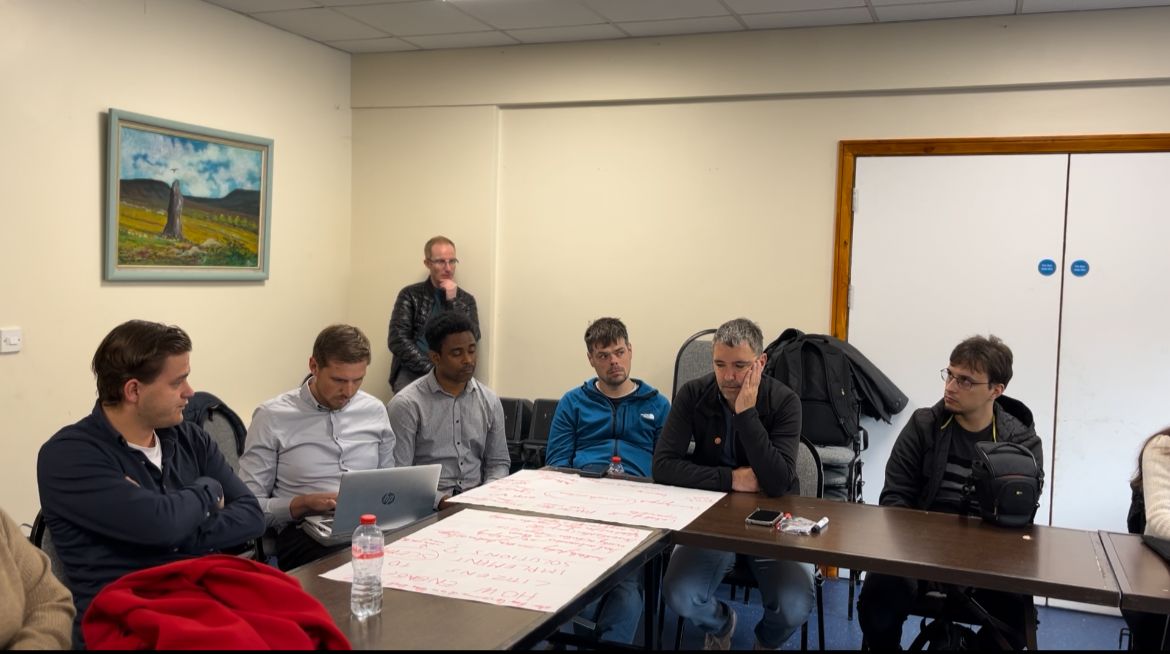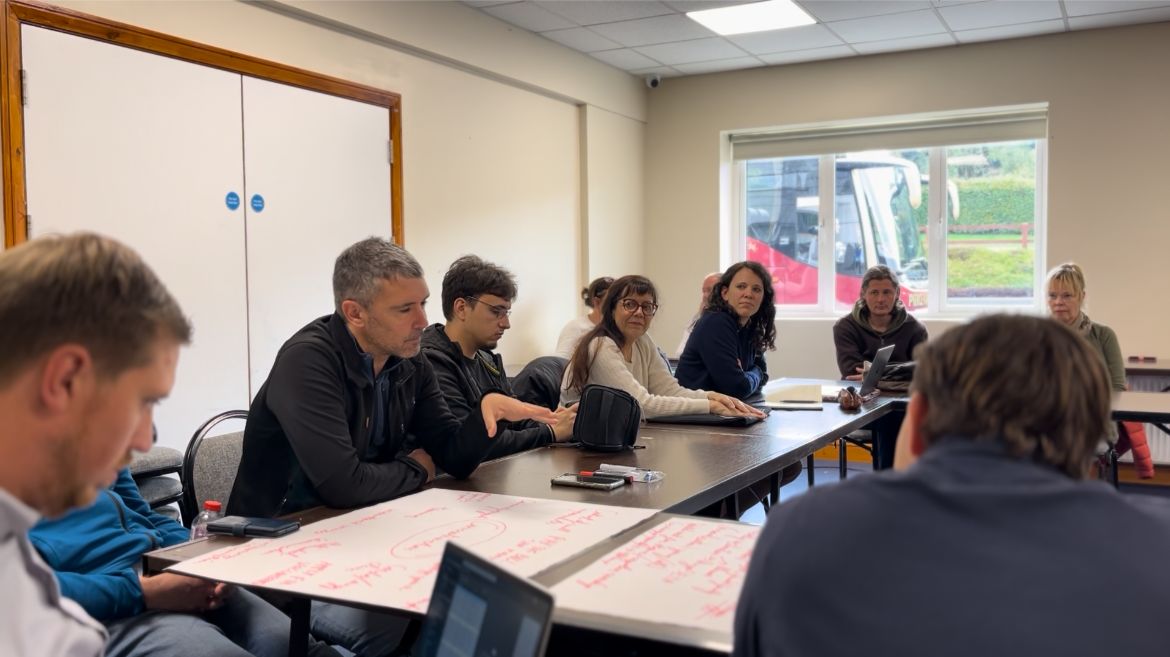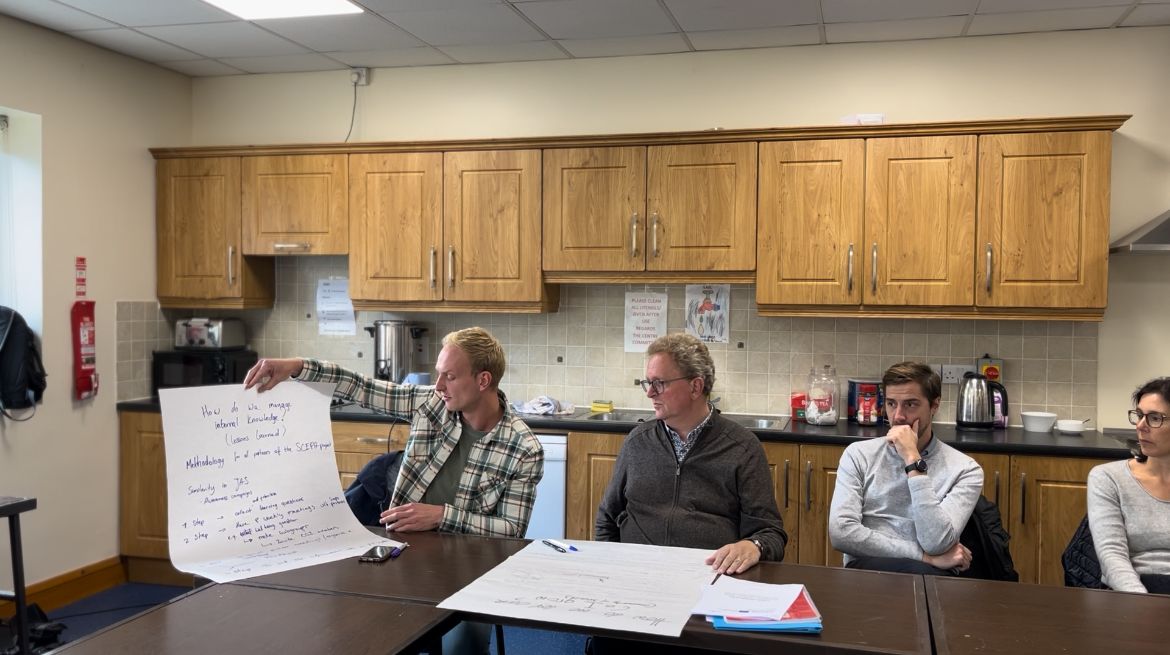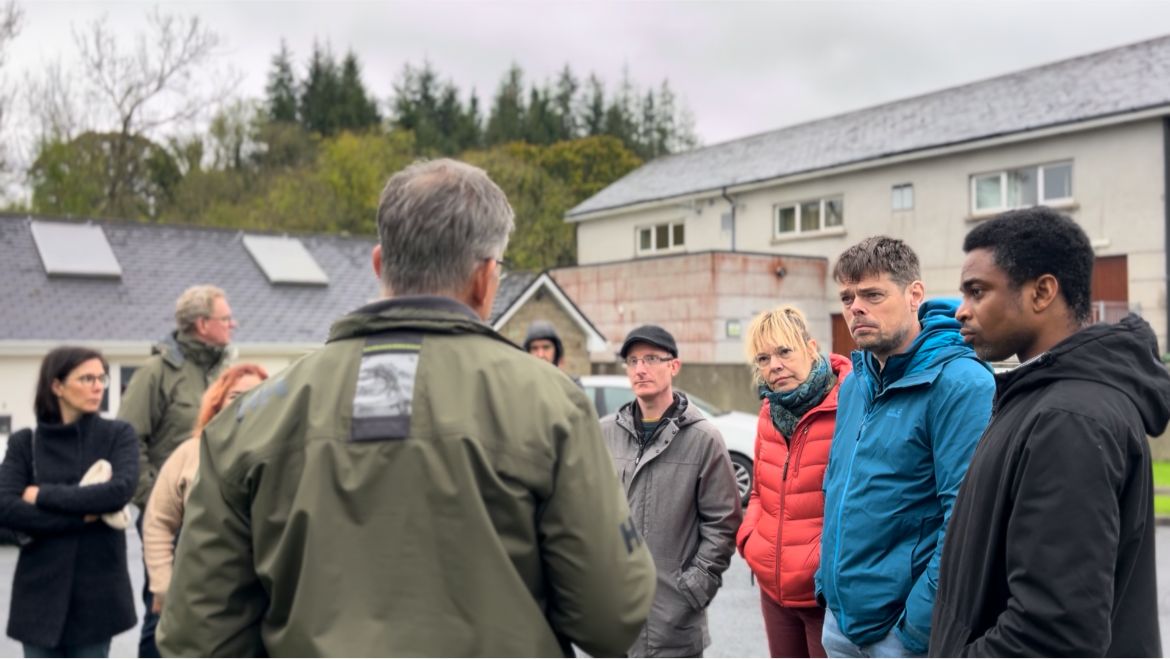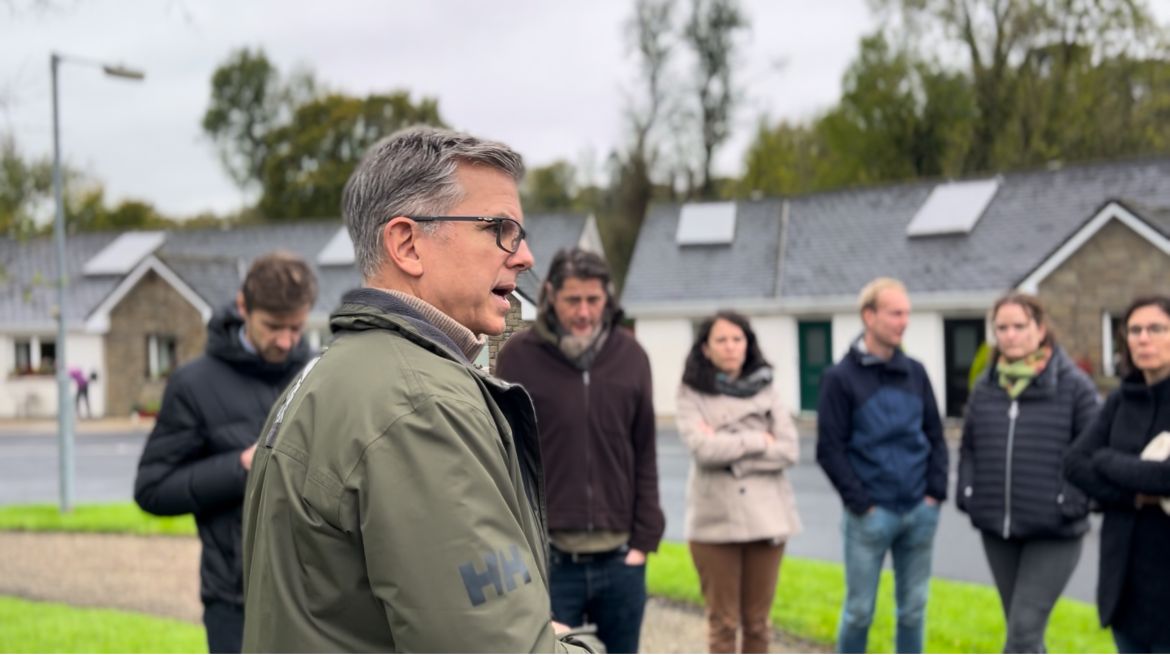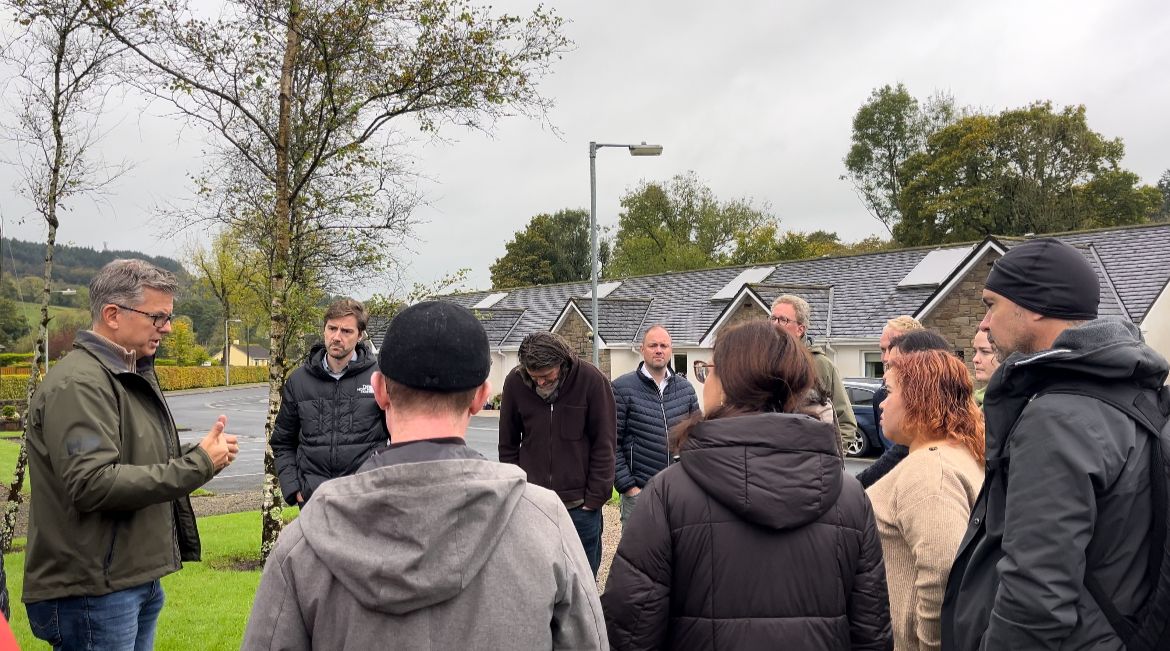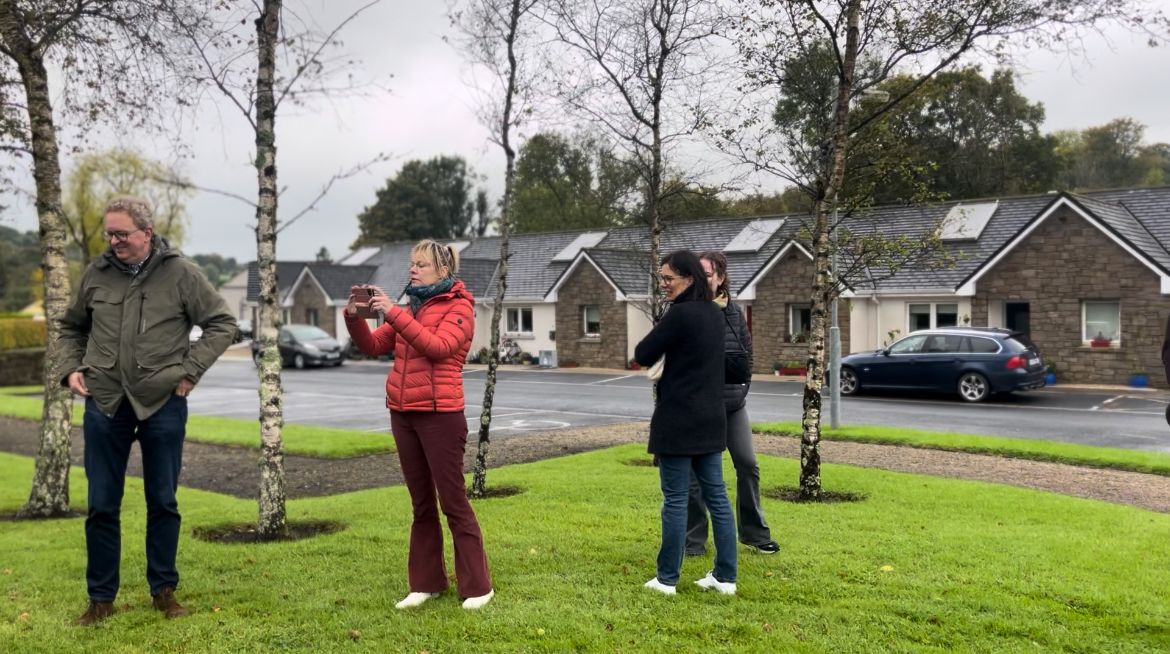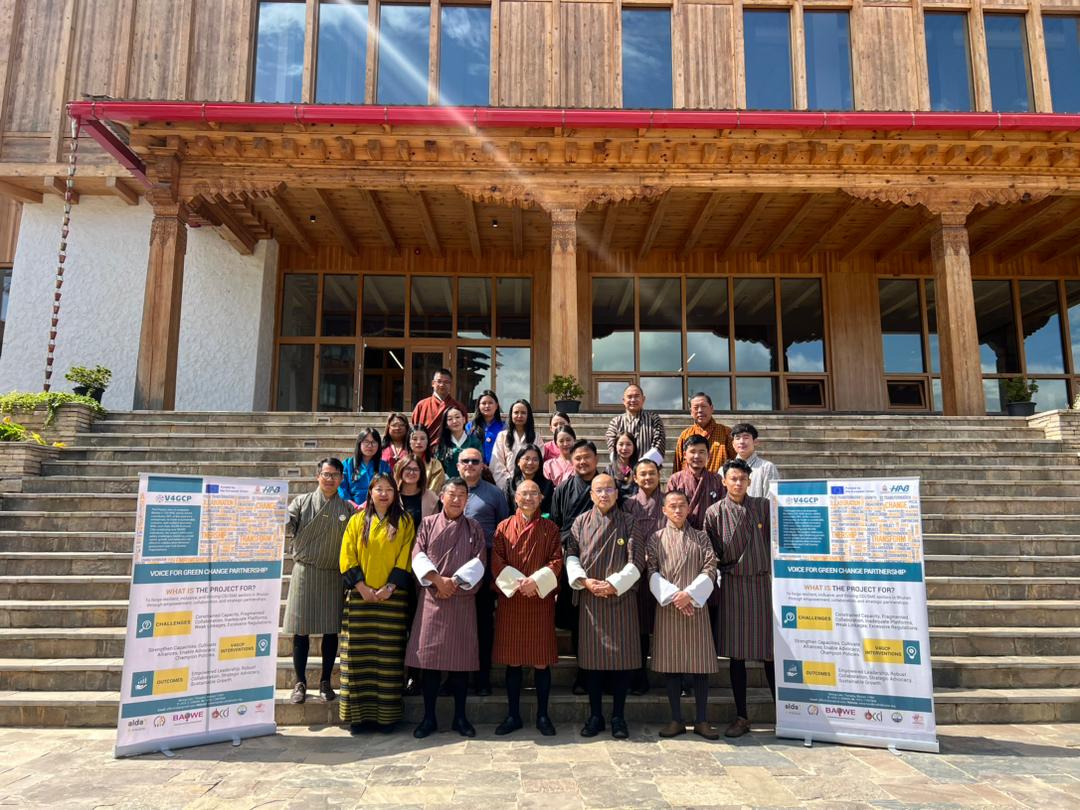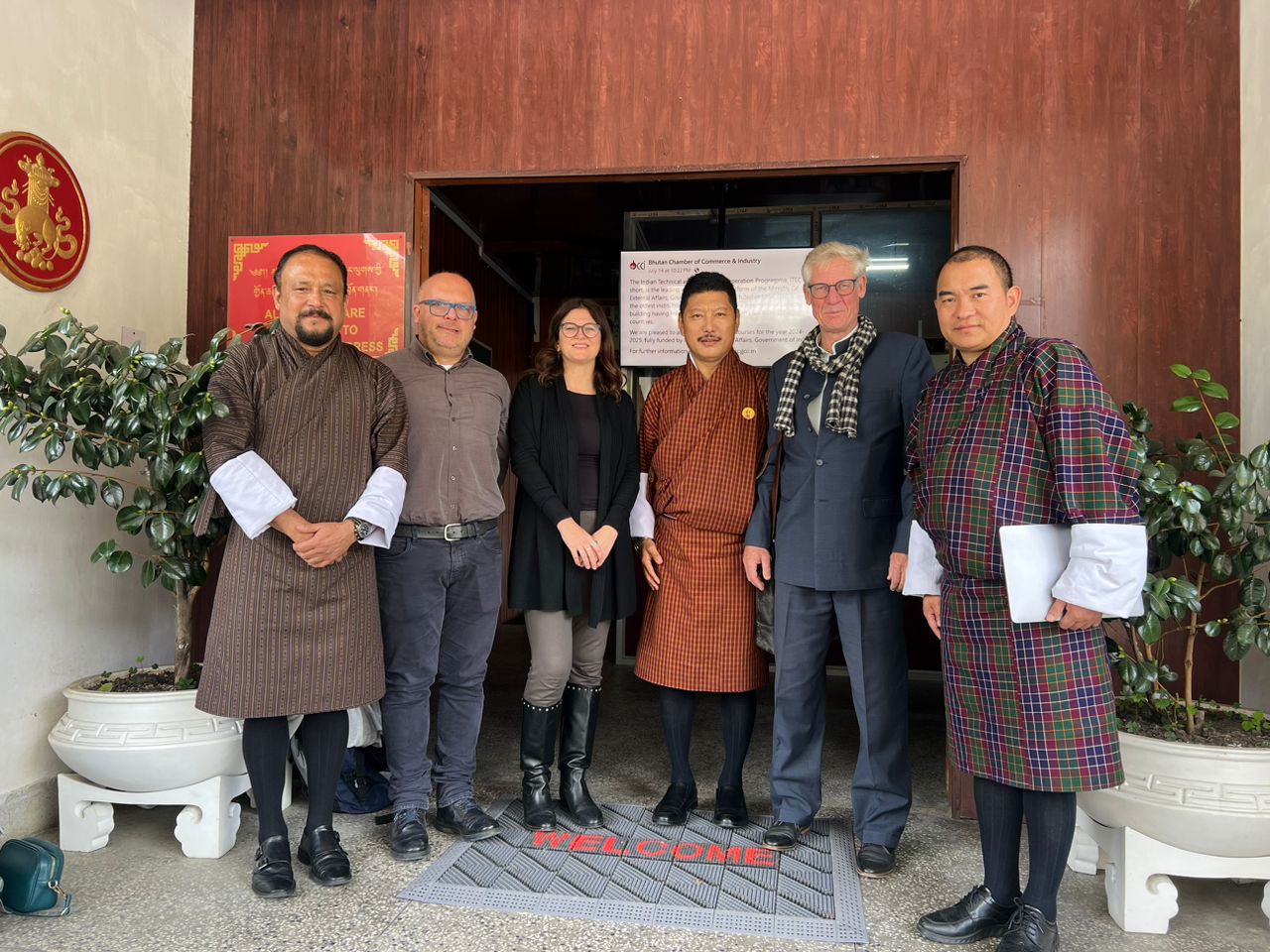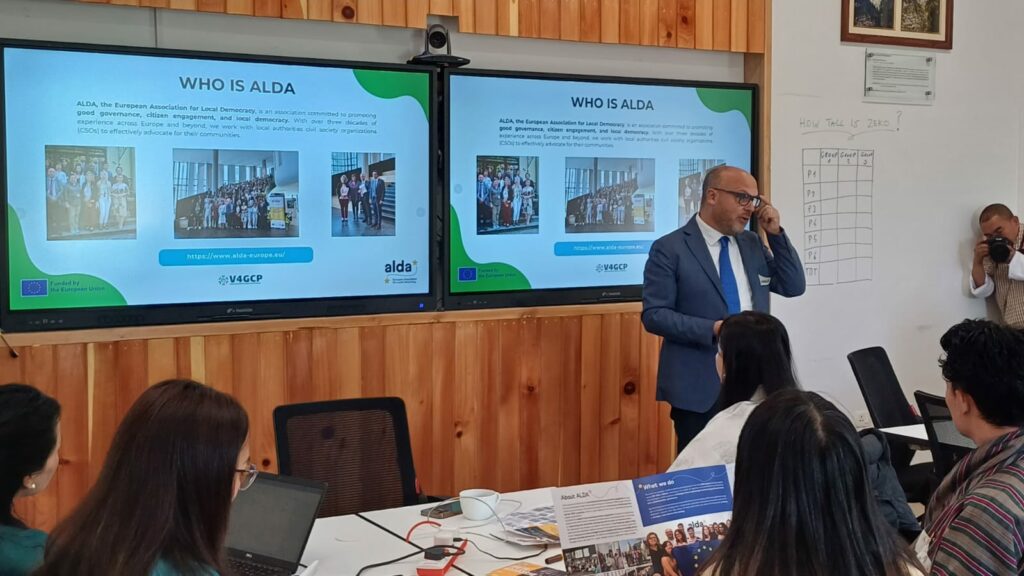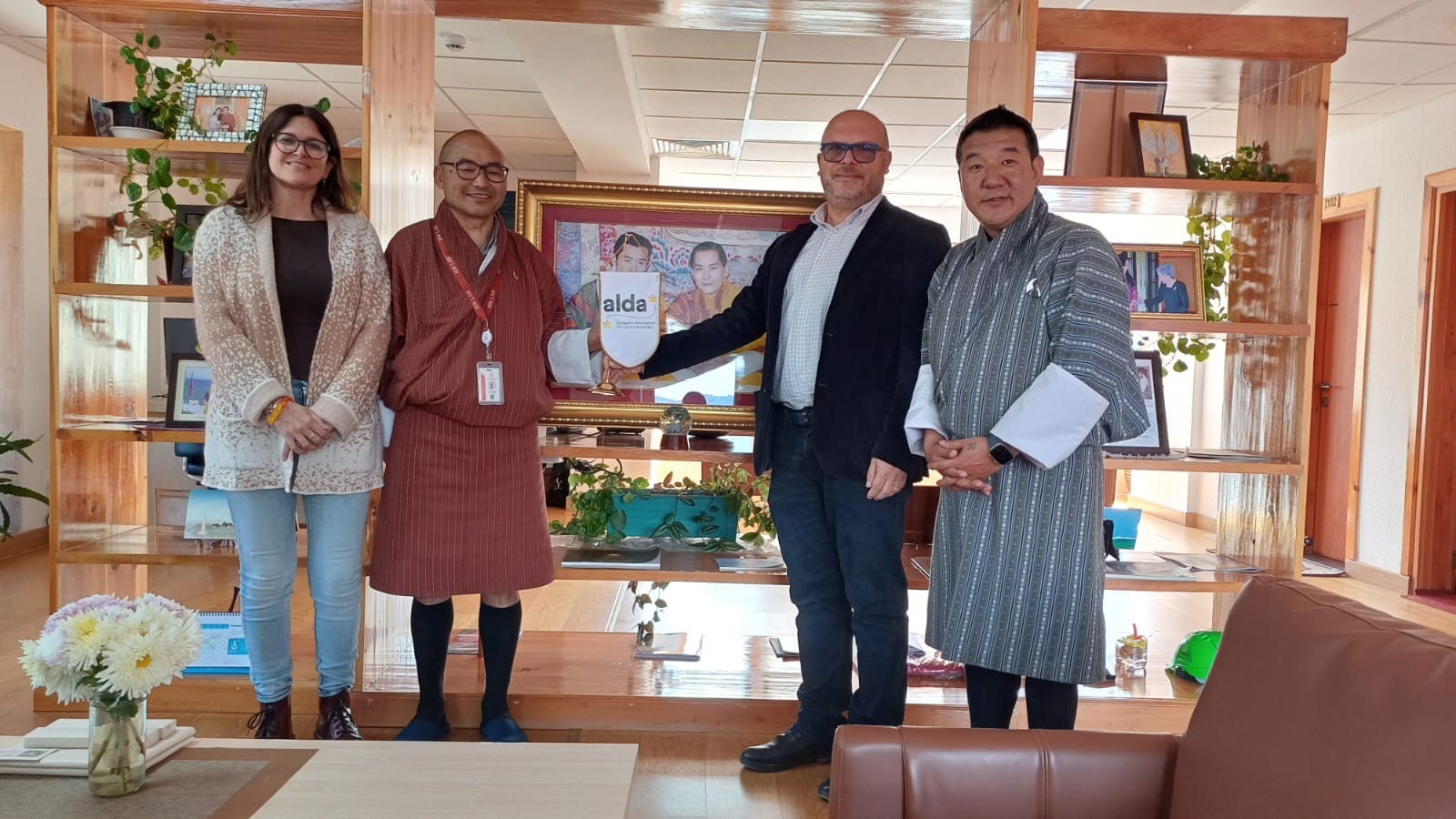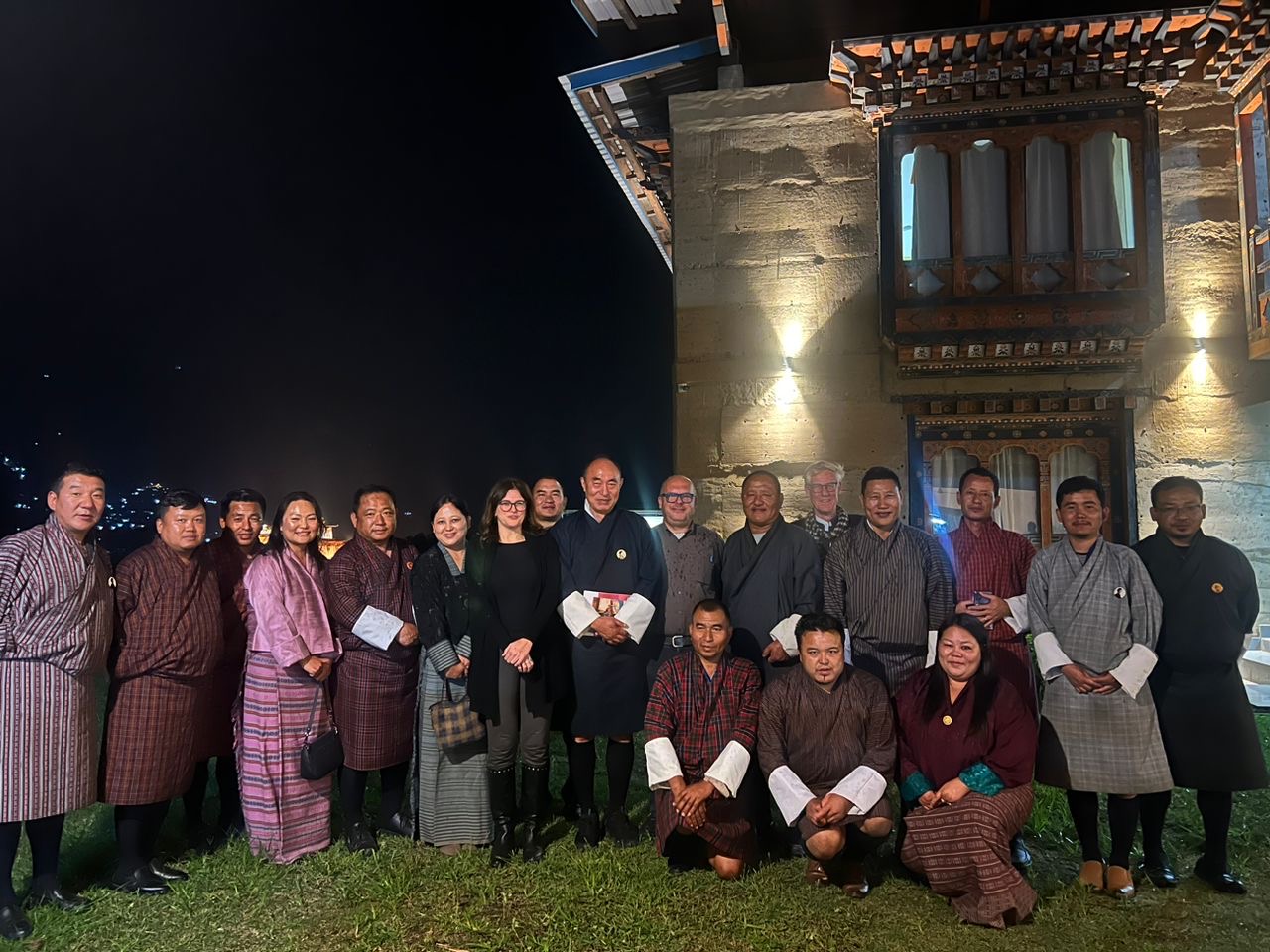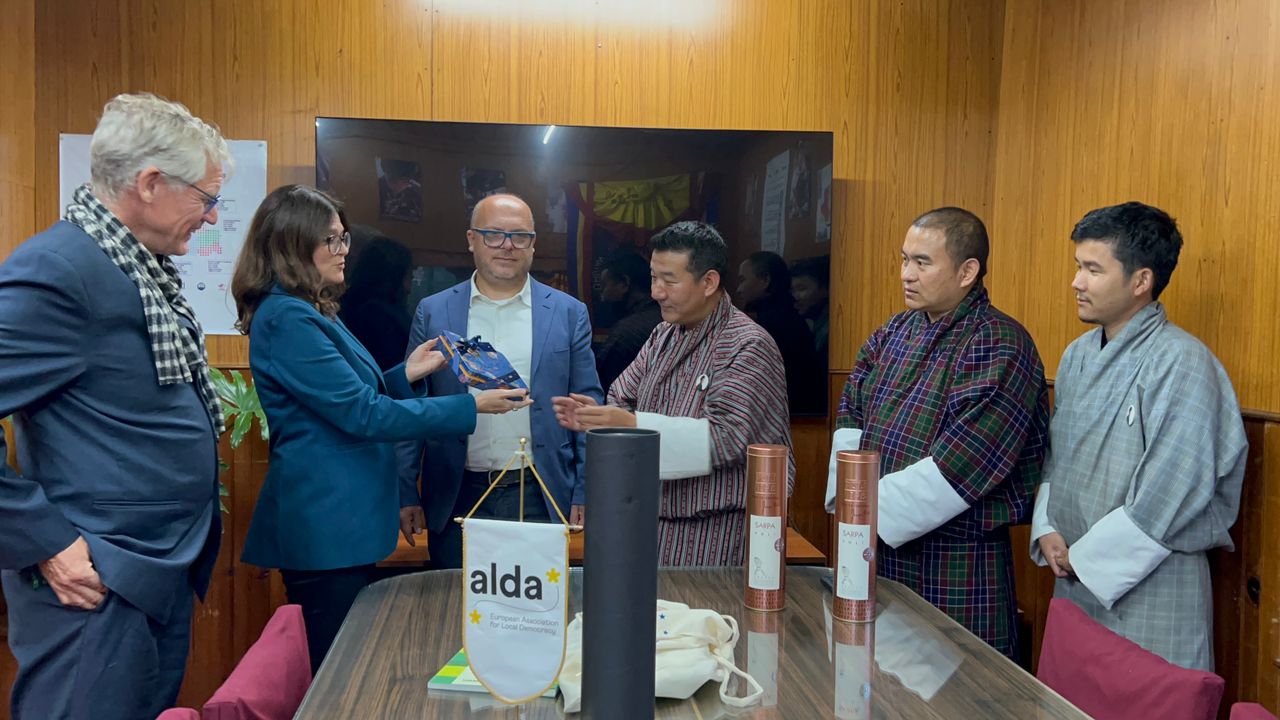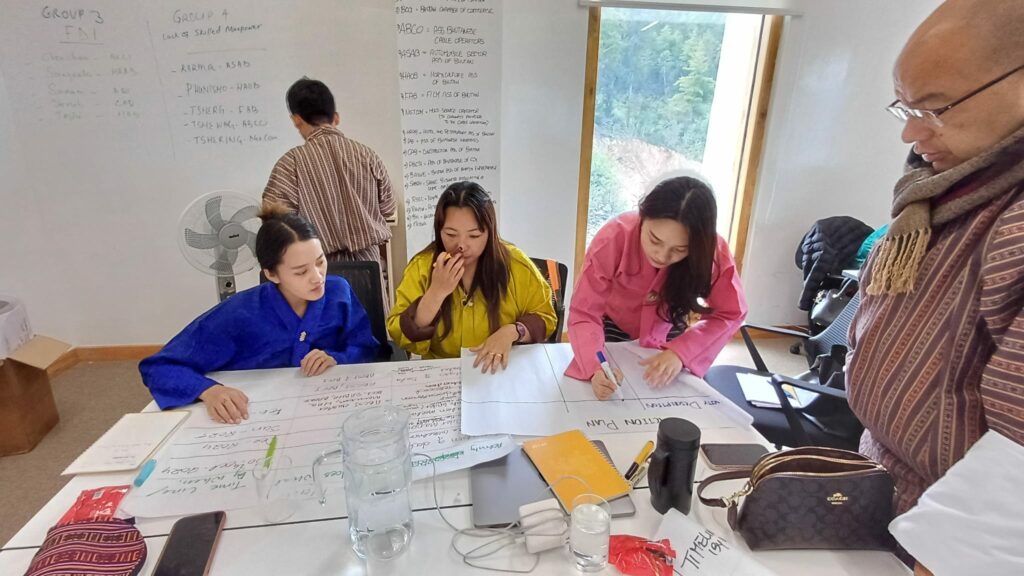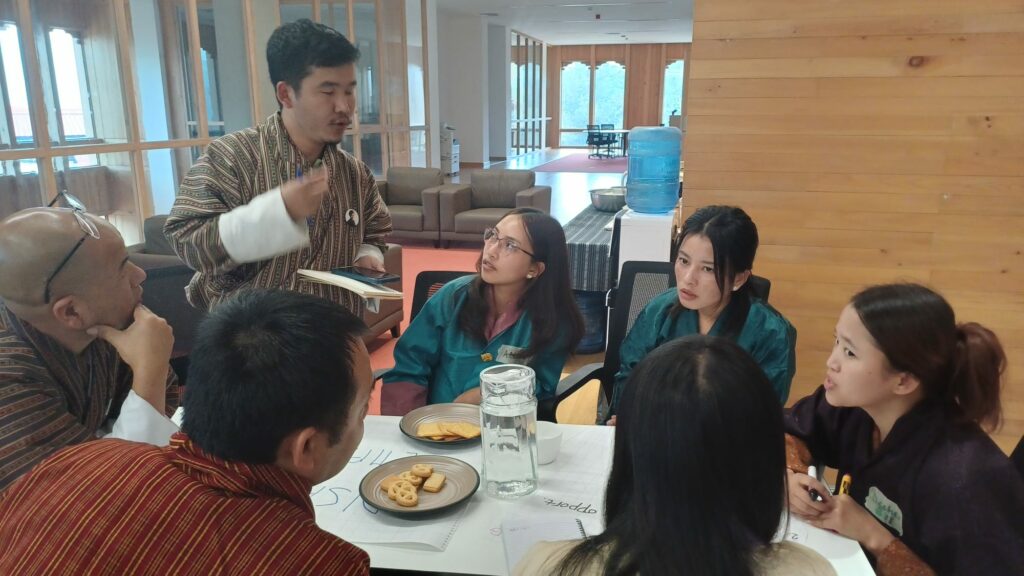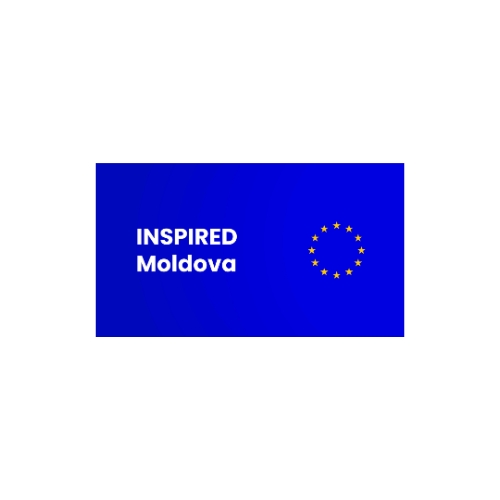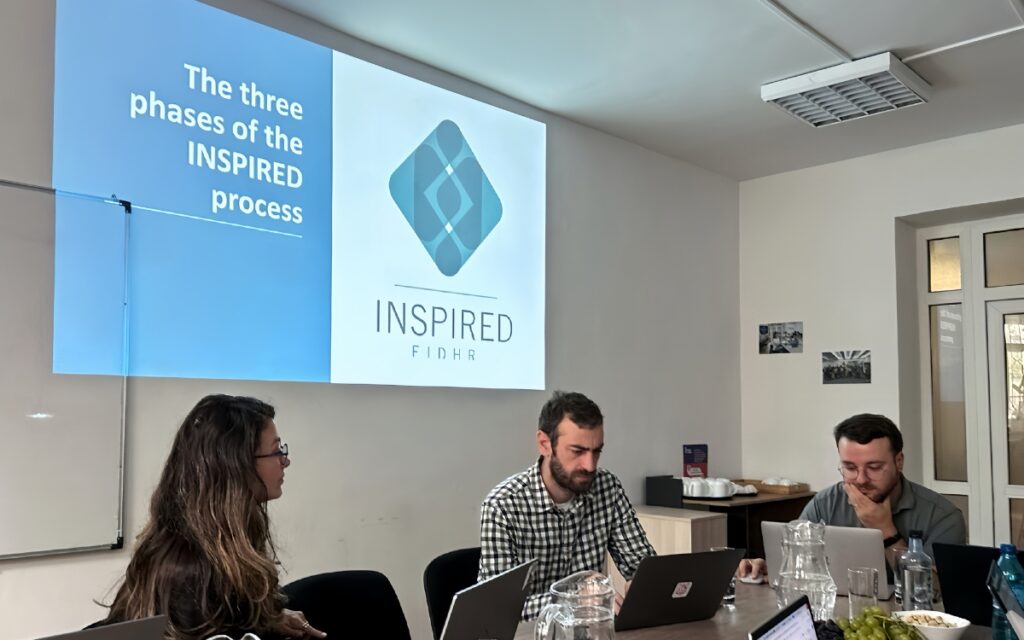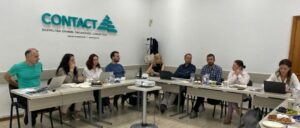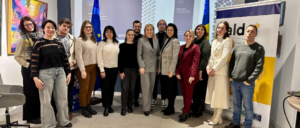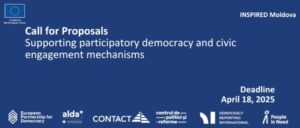The AMIL project is a dedicated initiative aimed at improving the long-term integration of Third Country Nationals (TCNs) into the European labour market. Building on the Migrants Economic Integration Cluster (MEIC) approach from the AMIF-funded LIME project, AMIL is designed to establish local partnerships in Cyprus and Greece, where TCNs will benefit from tailored socio-economic inclusion pathways. At the same time, AMIL extends this local model to national, regional, and European levels, promoting a multi-level, multi-stakeholder approach to integration. By institutionalising an integrated service system and strengthening European networks, the project ensures that its impact will reach well beyond the project’s lifetime.
ALDA’s Contribution to AMIL: Empowering Stakeholders and Enhancing Reach
As a key partner in the AMIL project, ALDA plays a vital role in advancing the project’s goals. ALDA leads Work Package 4 (WP4), which focuses on effective dissemination of project methodologies and results, including the MEIC model. Known for its extensive network of almost 300 members across Europe and its Neighbourhood countries, ALDA mobilises a diverse coalition of local authorities, civil society organisations, and grassroots associations. ALDA’s contribution ensures that AMIL’s methodologies and learnings are shared widely, amplifying the project’s potential for sustainable impact across the continent.
Recently, ALDA has provided essential technical support through a series of webinars on the MEIC model in Greece, Italy, and Cyprus. These sessions, which gathered local and national stakeholders, aimed at capacity building on MEIC (Migrants Economic Integration Clusters) methodology, highlighting the importance of a bottom-up approach, involving various social actors at different levels, and the need for a conducive environment to facilitate inclusive actions.
AMIL Community of Interest (CoI): Strengthening the European Network for Third Country Nationals (TCN) Integration
To extend the project’s reach and foster a broad, inclusive network, AMIL has established a Community of Interest (CoI). These are groups of people who share a common concern, set of problems, or interest in a topic, and who come together to fulfil both individual and group goals. The practice involves the shared resources, tools, language, and methods for addressing issues within members that develop over time, creating a collective repository of knowledge and skills.
The CoI invites EU stakeholders—including local authorities, NGOs, vocational training providers, and migrant-led associations—to join a collaborative platform dedicated to sustainable labour market integration for TCNs. Through ALDA’s network, which includes actors from over 40 countries, CoI members gain access to shared resources, tools, and practices aimed at advancing integration efforts at multiple levels.
Benefits of Joining the CoI
- Learning and Networking: Access capacity-building opportunities like training, webinars, and networking events, promoting shared learning on effective migrant inclusion practices.
- Strategic Collaboration: Engage in discussions with actors from across Europe to exchange insights on integration strategies and scalable solutions.
- Practical Application: Gain direct exposure to locally tailored approaches under the MEIC model, with guidance on adapting these solutions in new contexts.
Contributing to the CoI
Joining the CoI allows members to actively contribute to knowledge-sharing efforts, scaling successful integration measures, and collaborating on new practices for migrant inclusion. Members participate in events, webinars, and working groups, positioning themselves as integral partners in AMIL’s mission.
How to Join
For more information, reach out to:
- CoI Coordinator, ALDA: Mohammed Mustafa (mohammed@aldaintranet.org)
- AMIL Project Manager, CIES: Marjan Shalchian (m.shalchian@cies.it)
